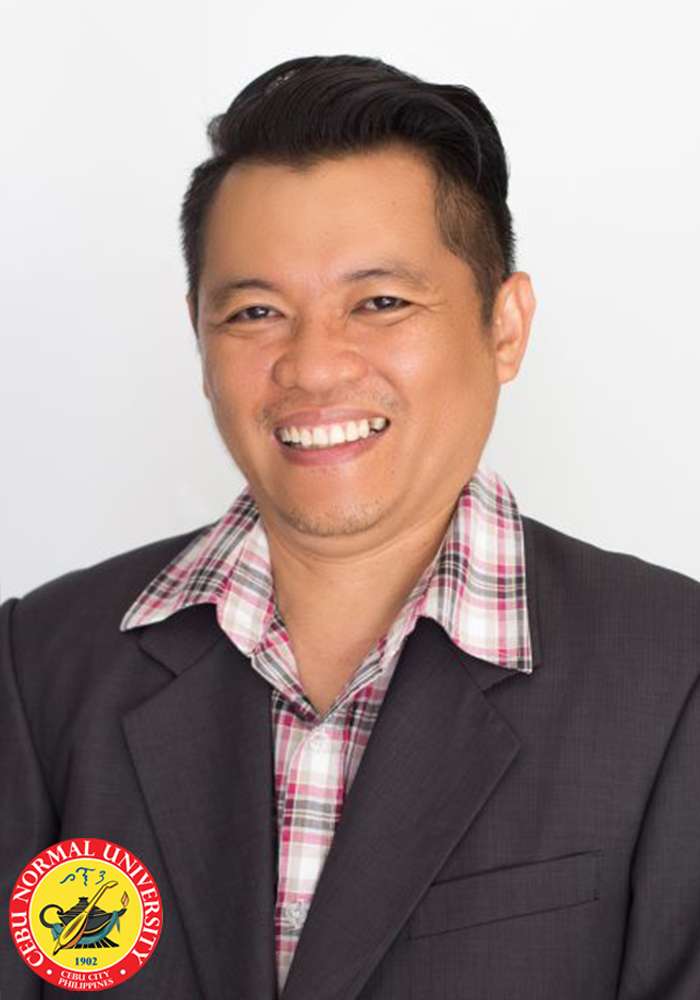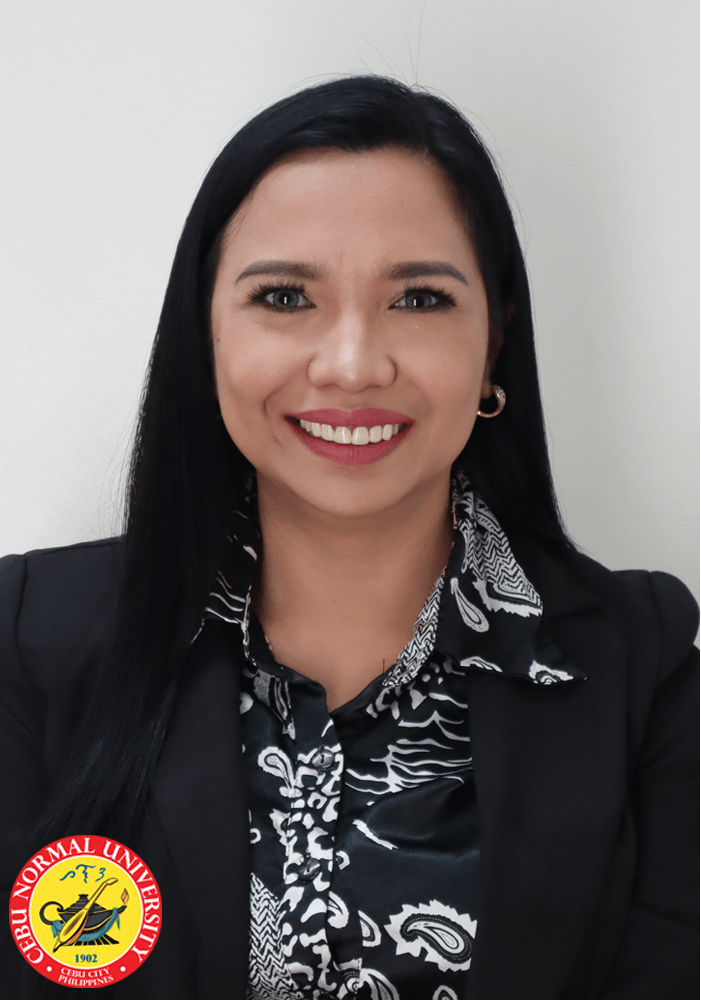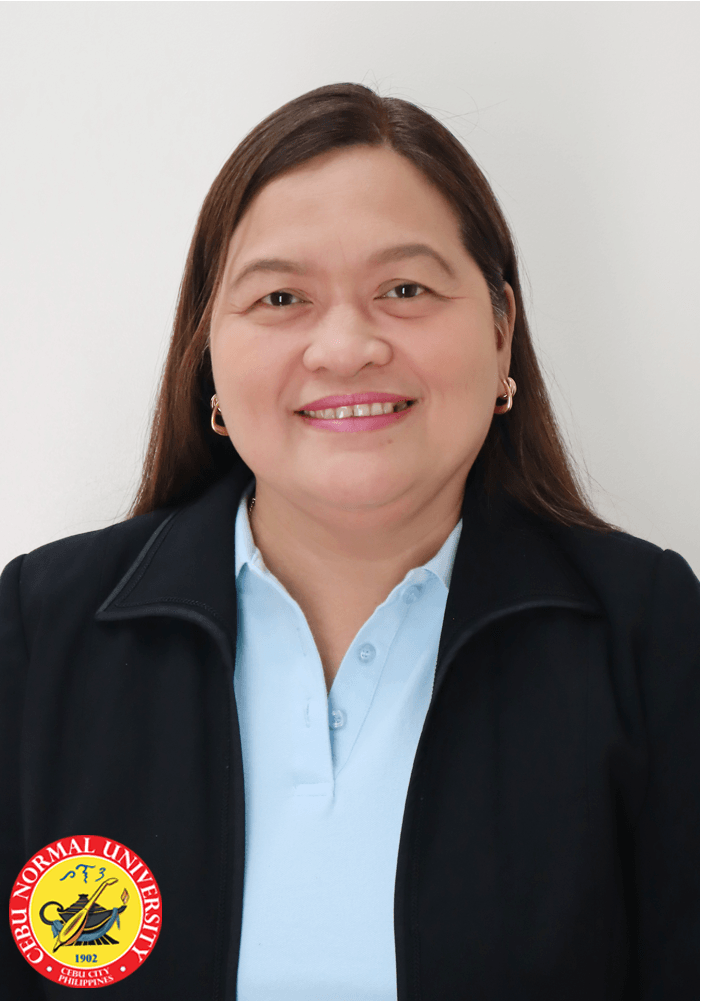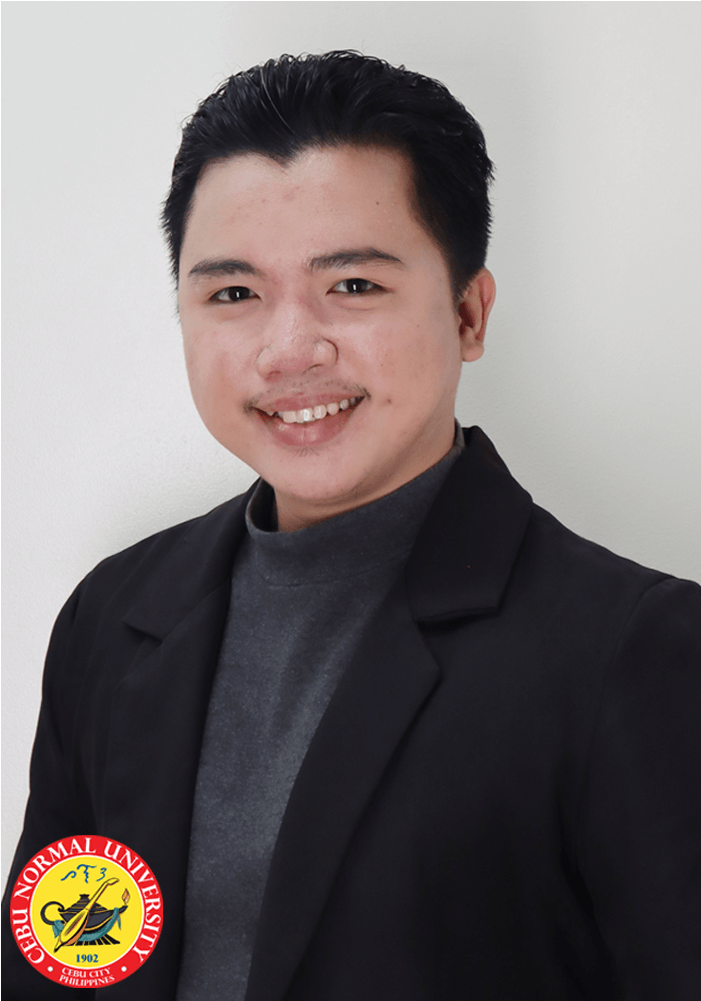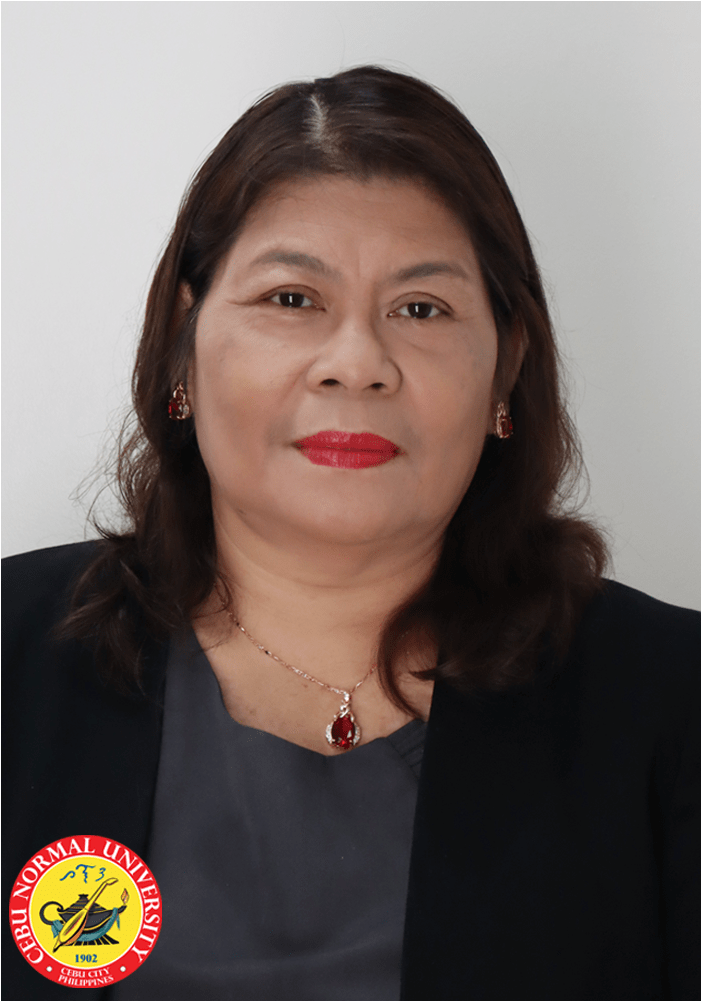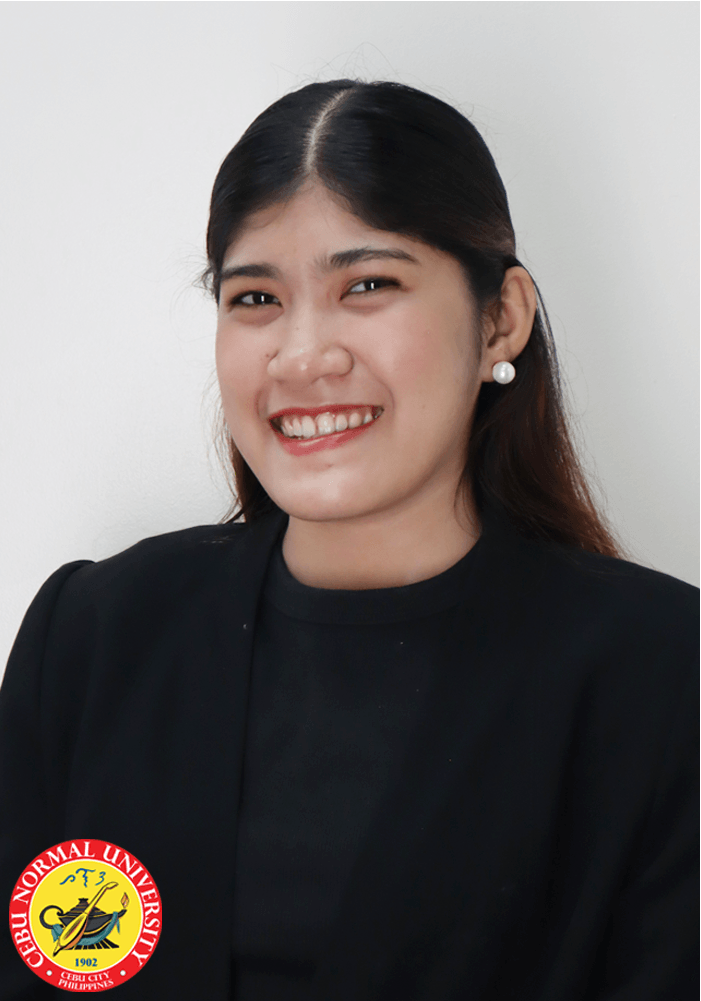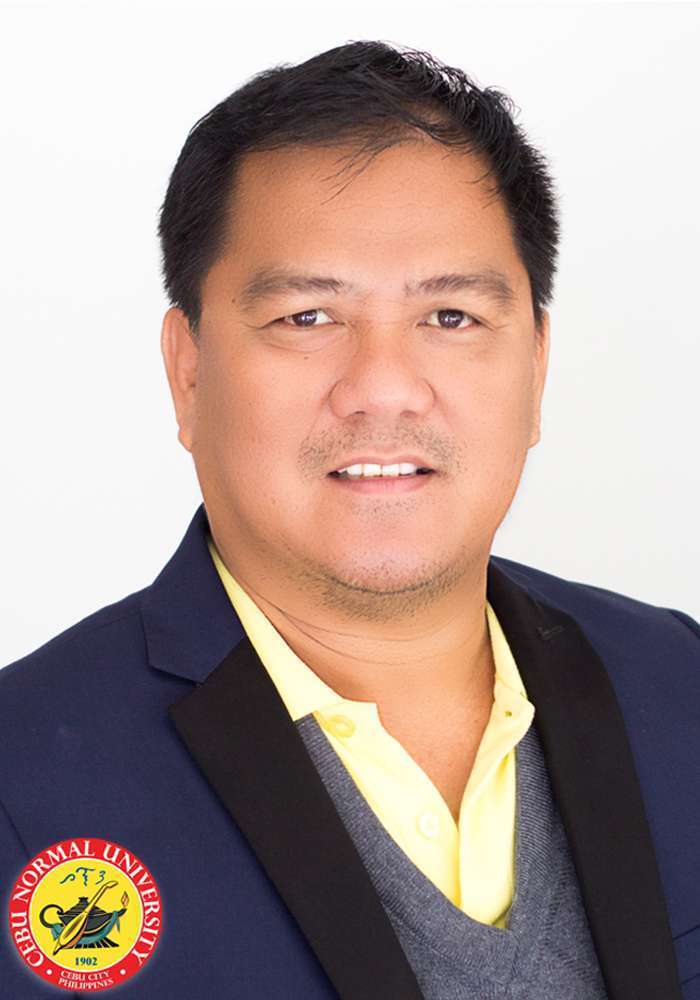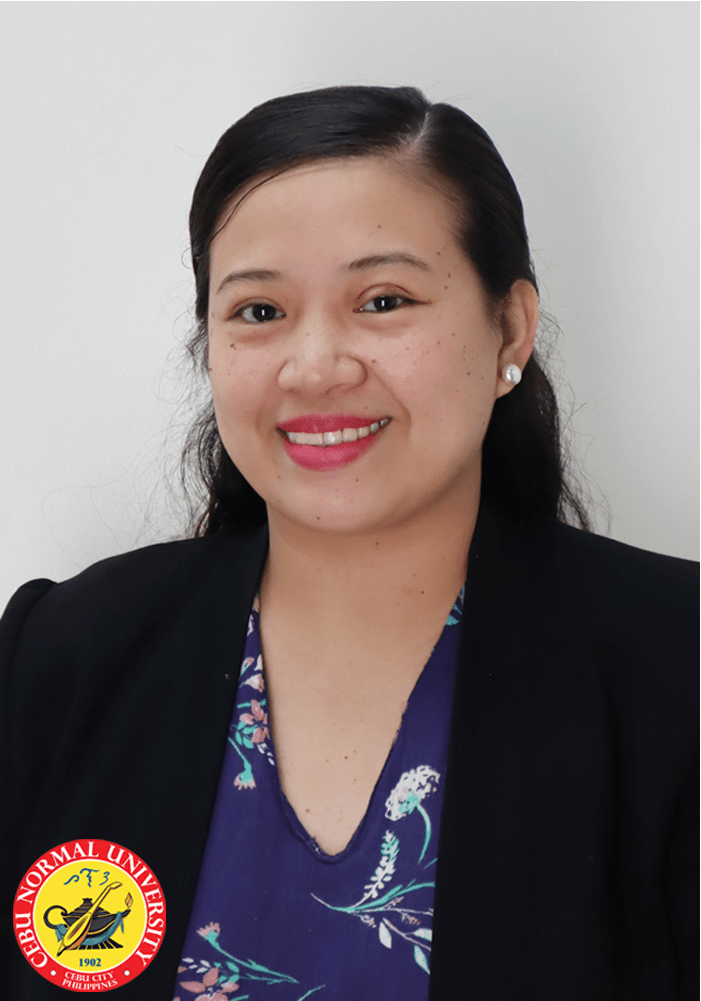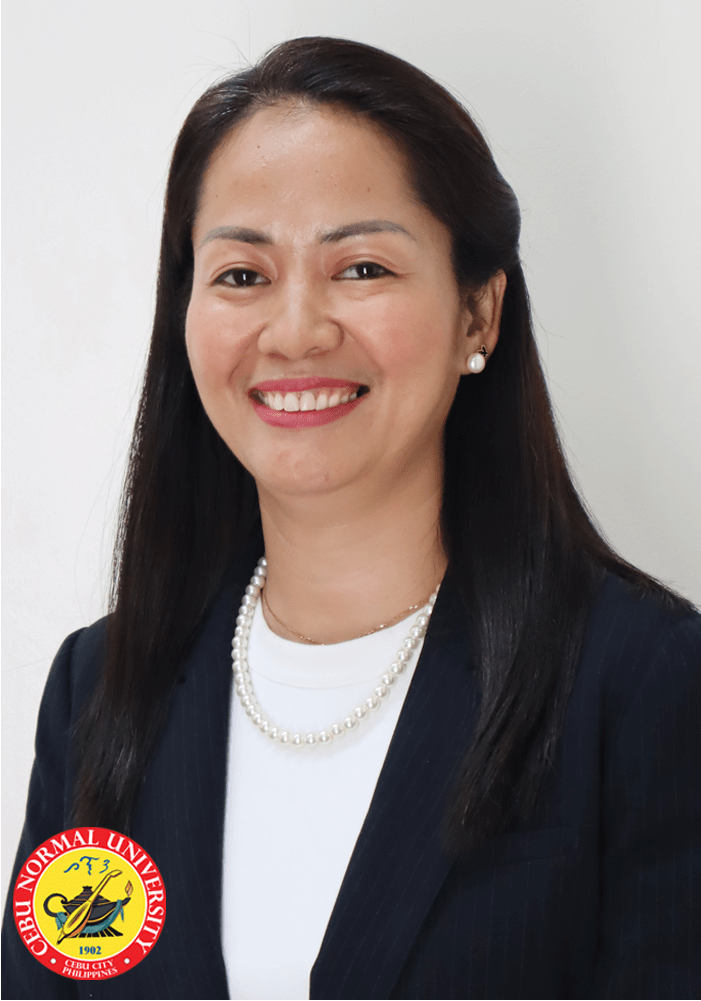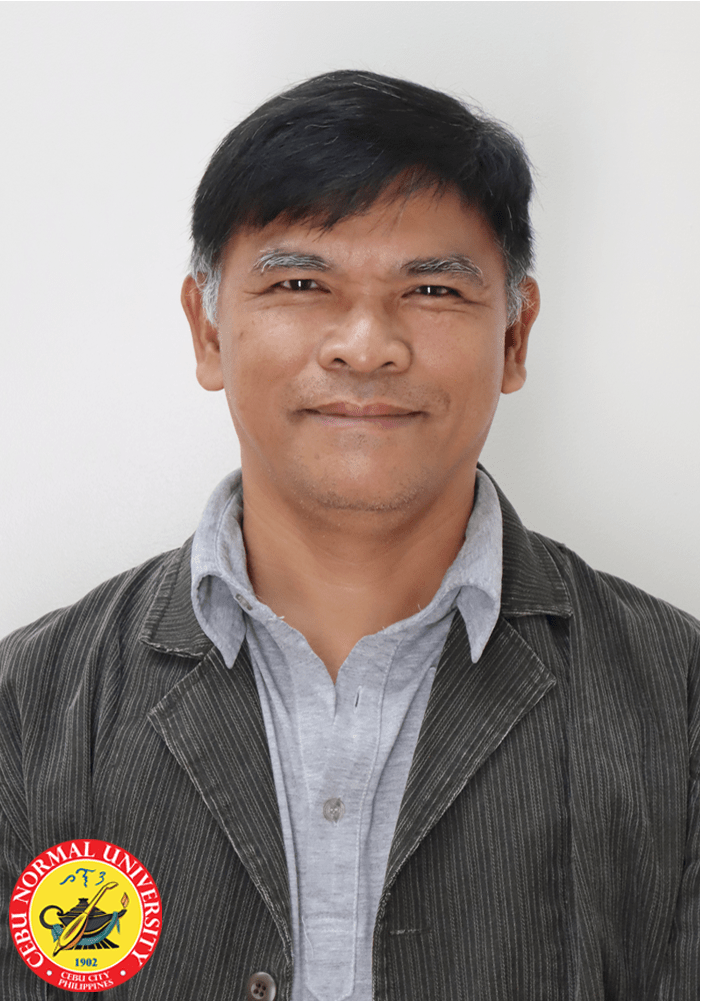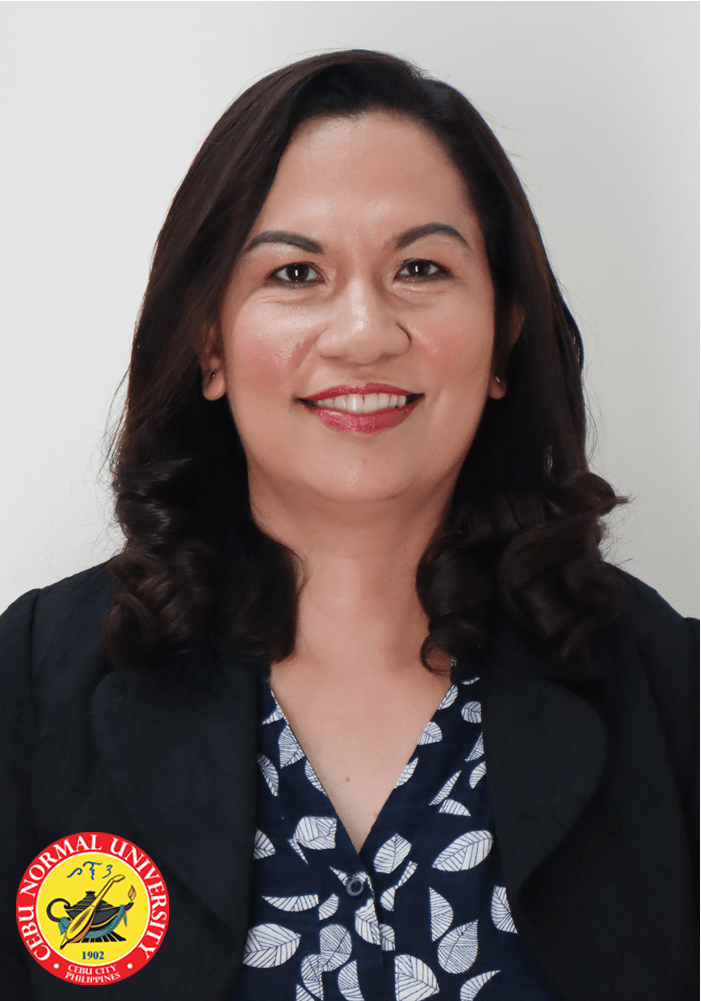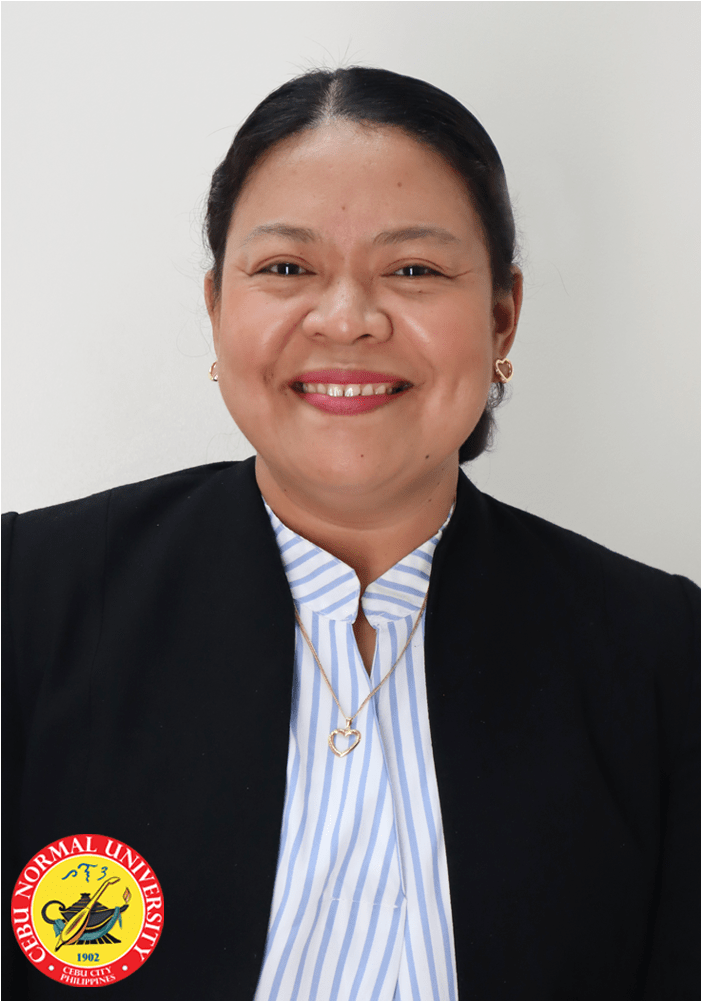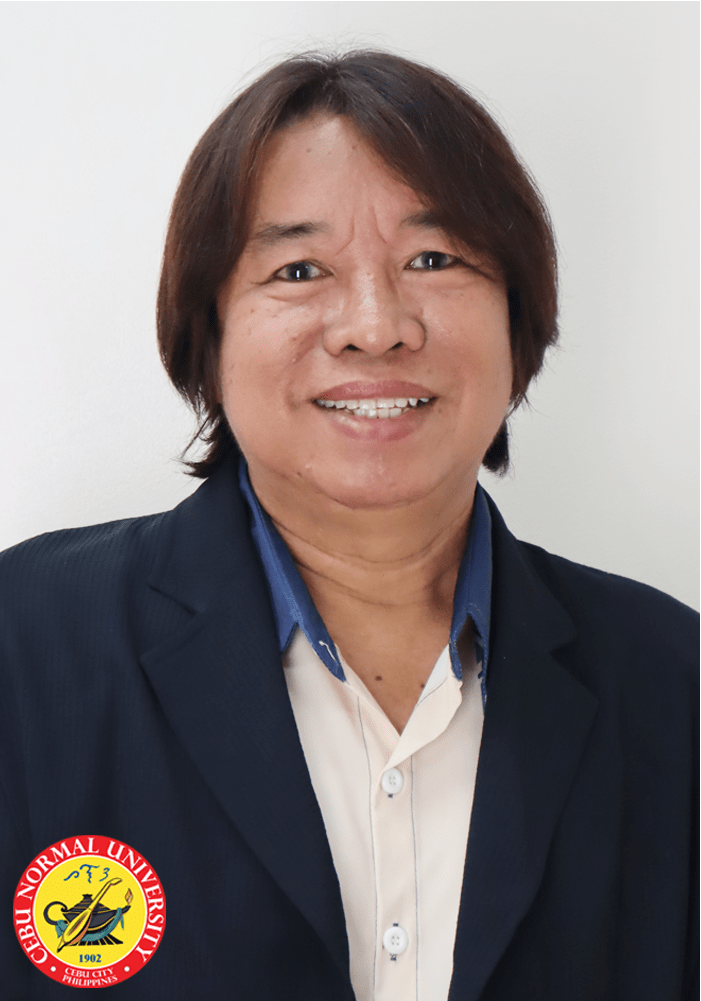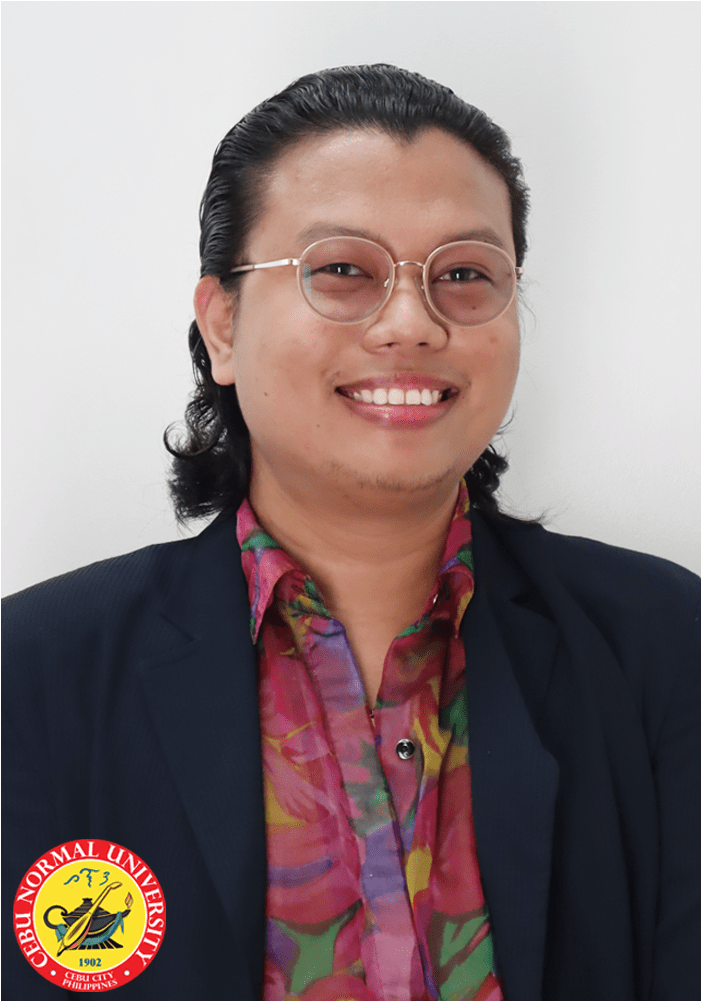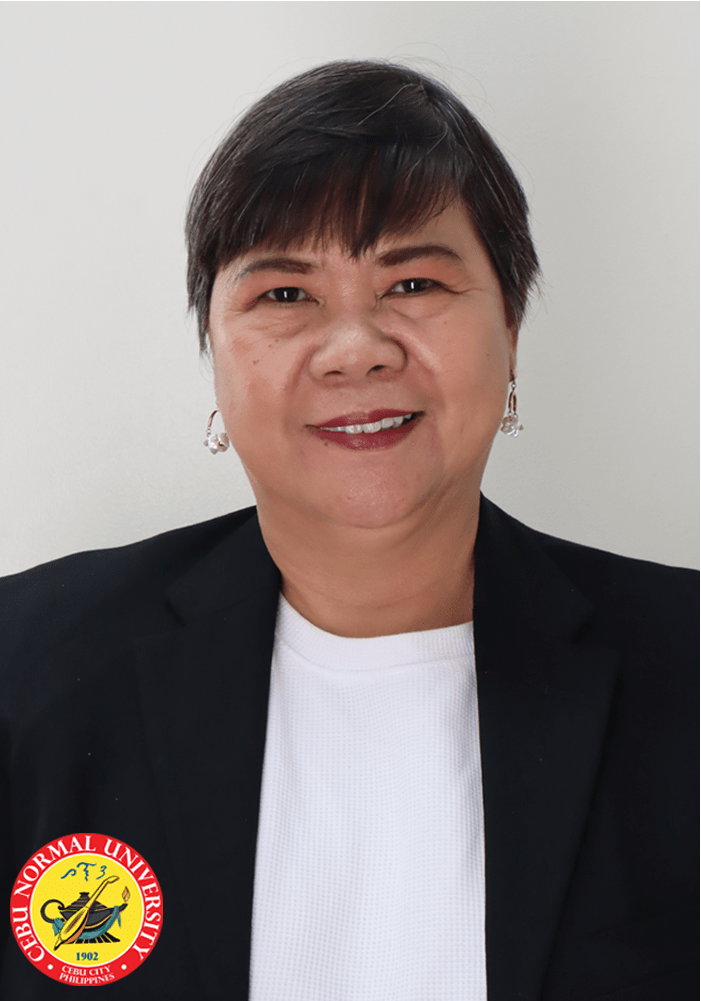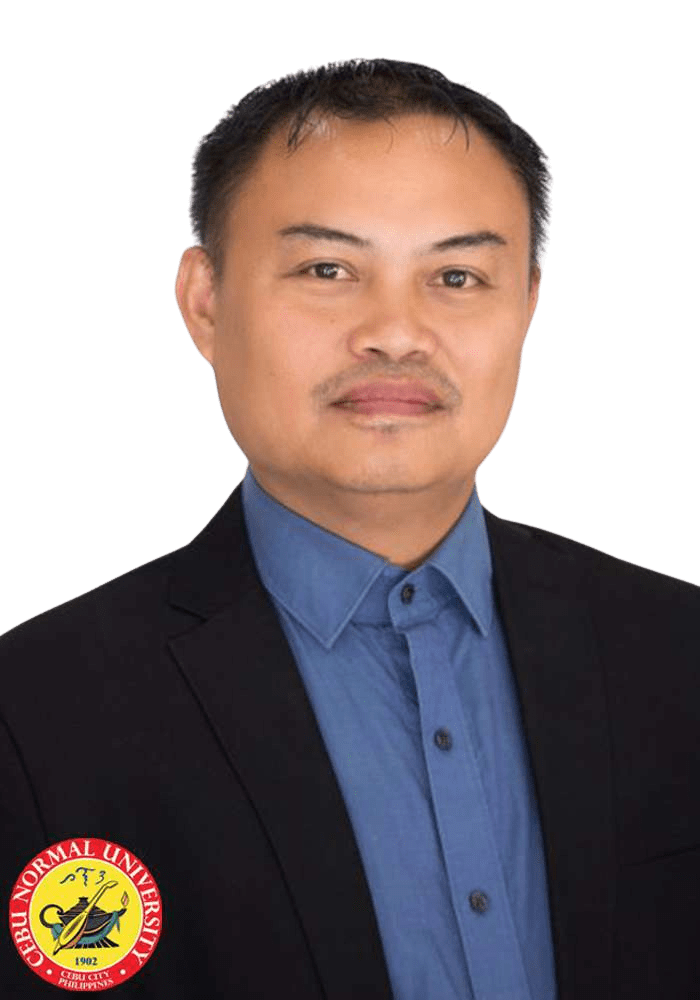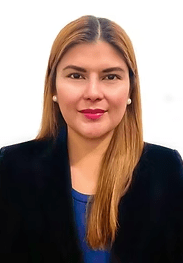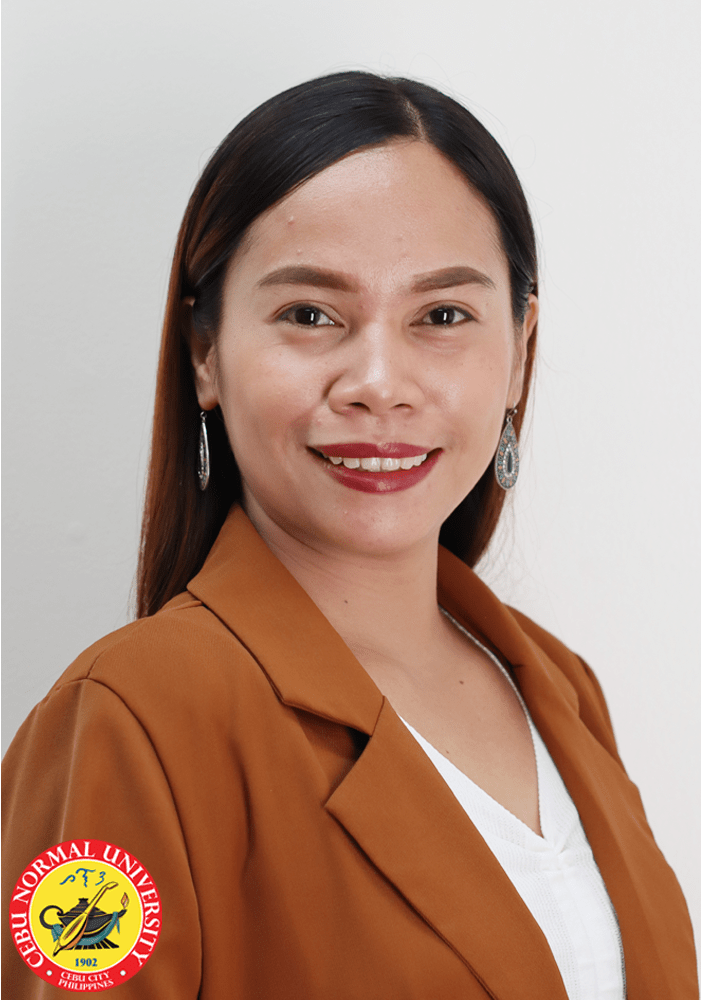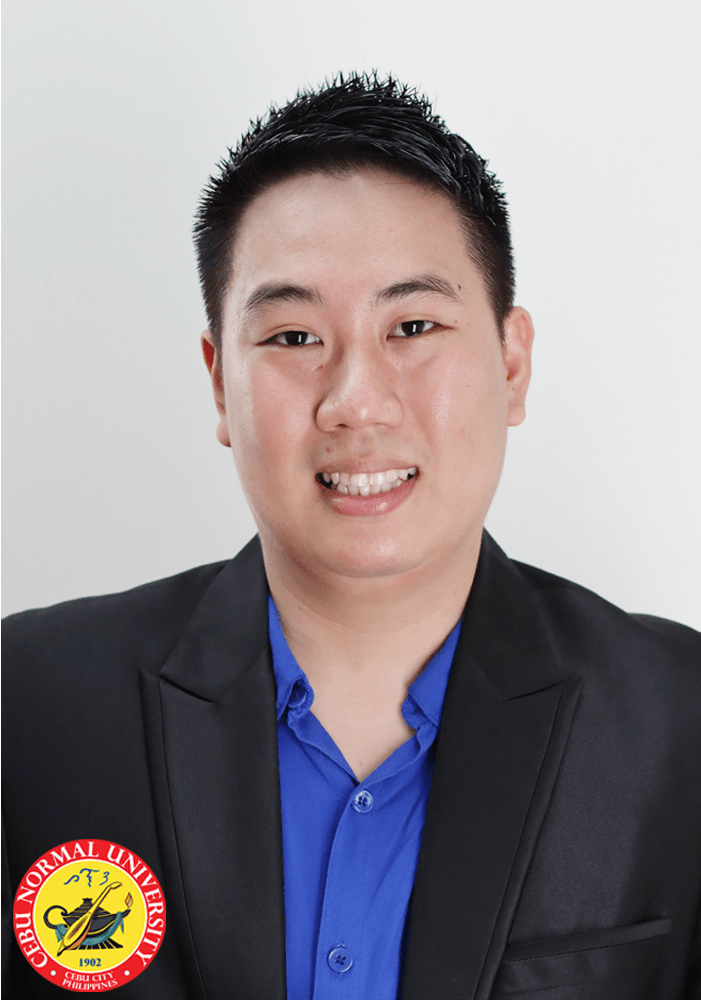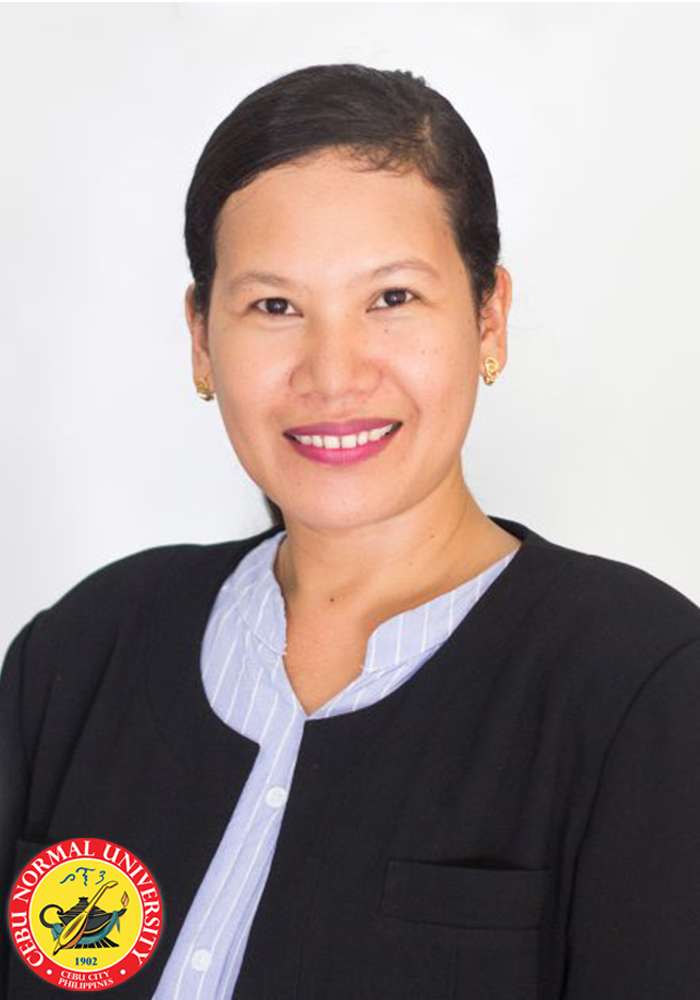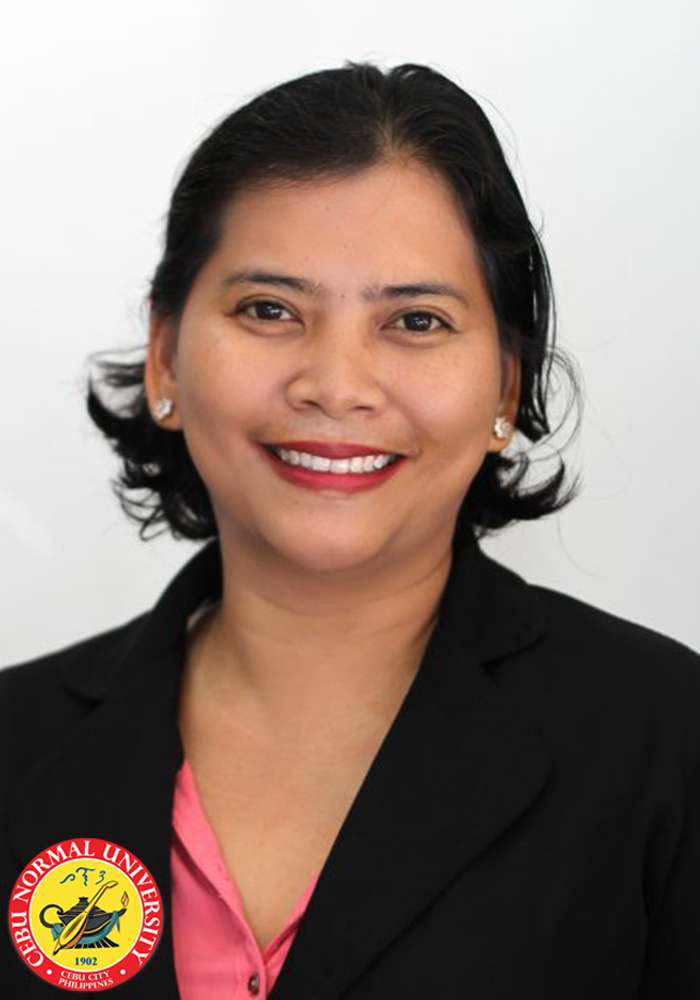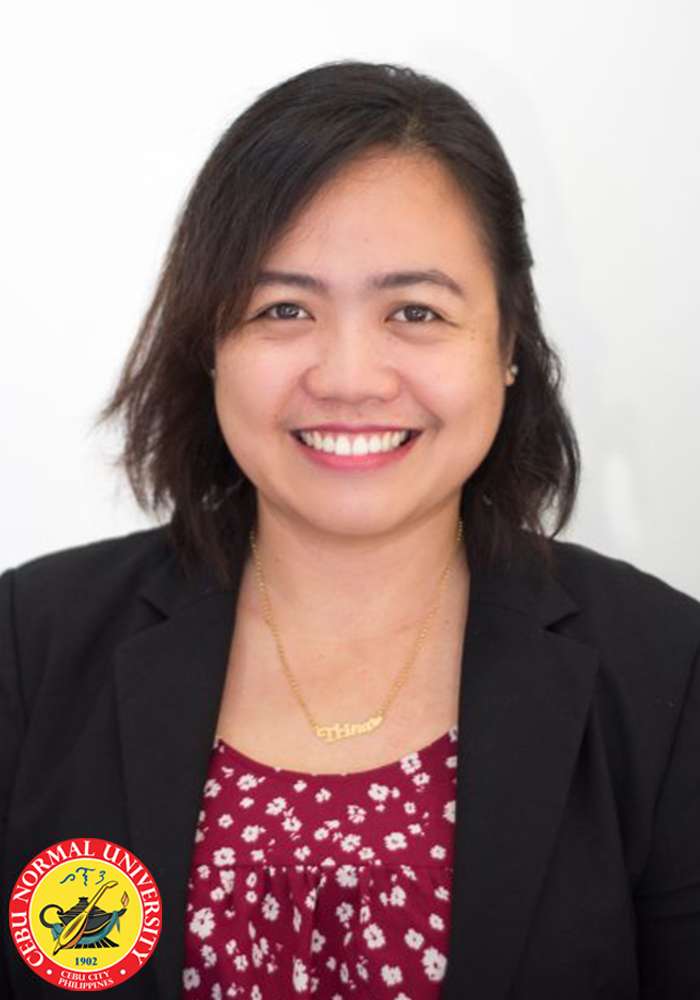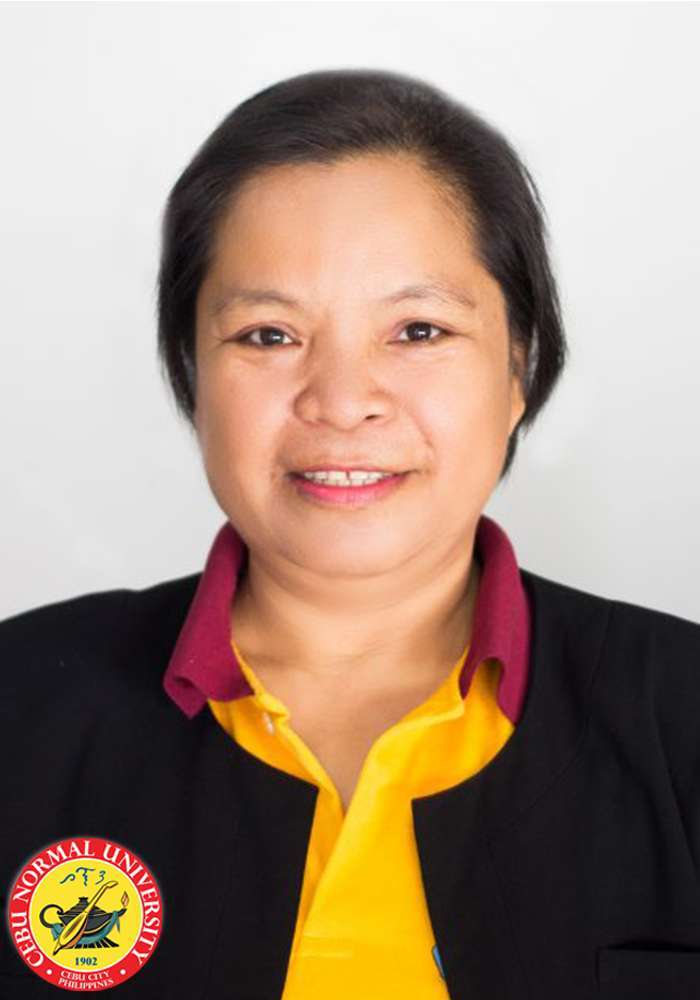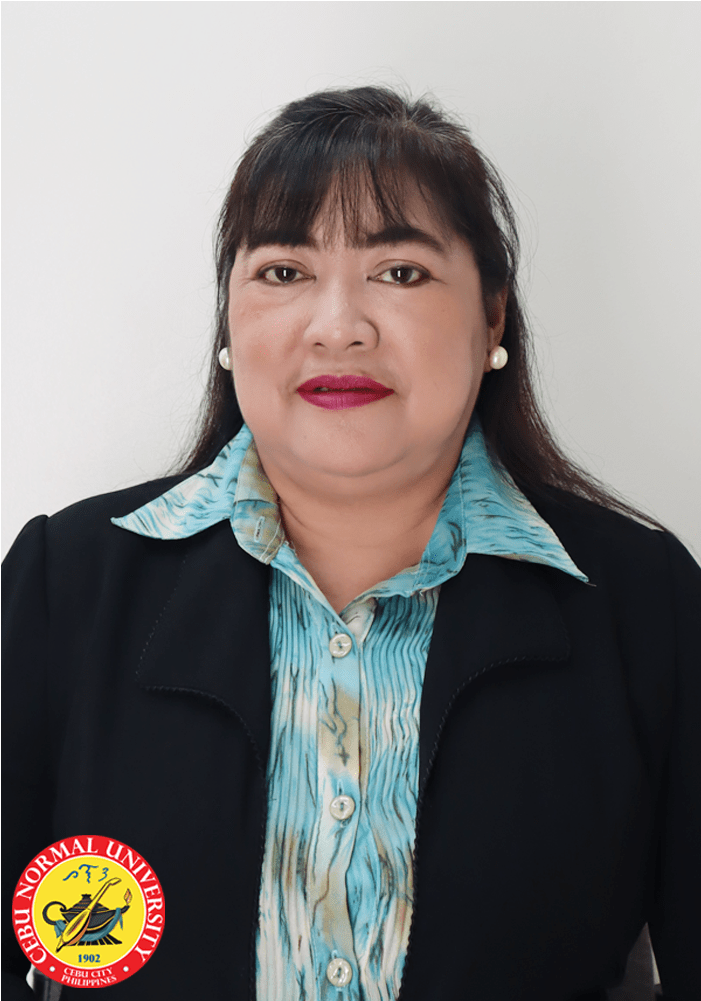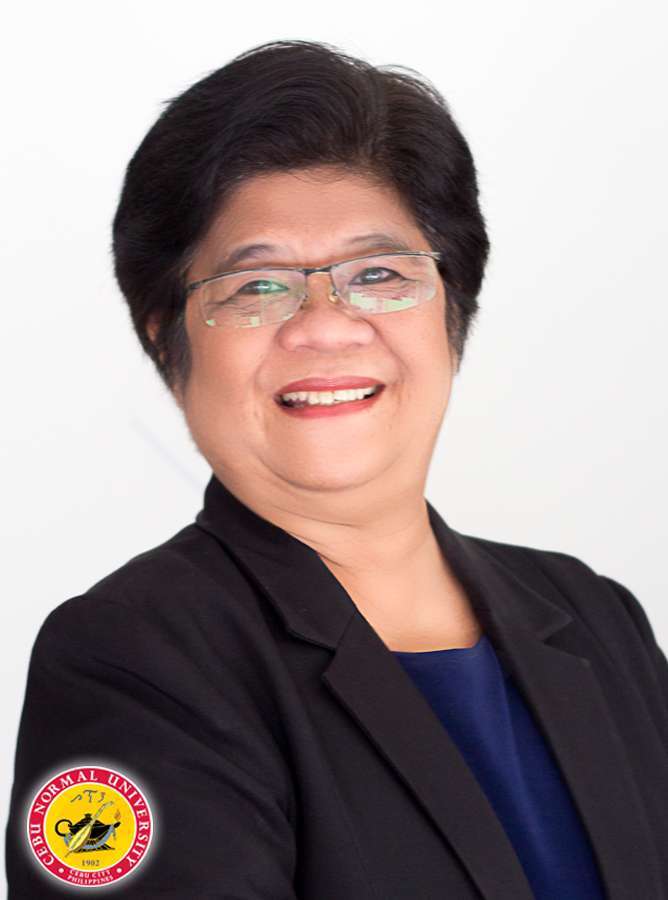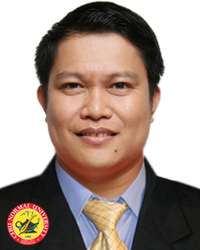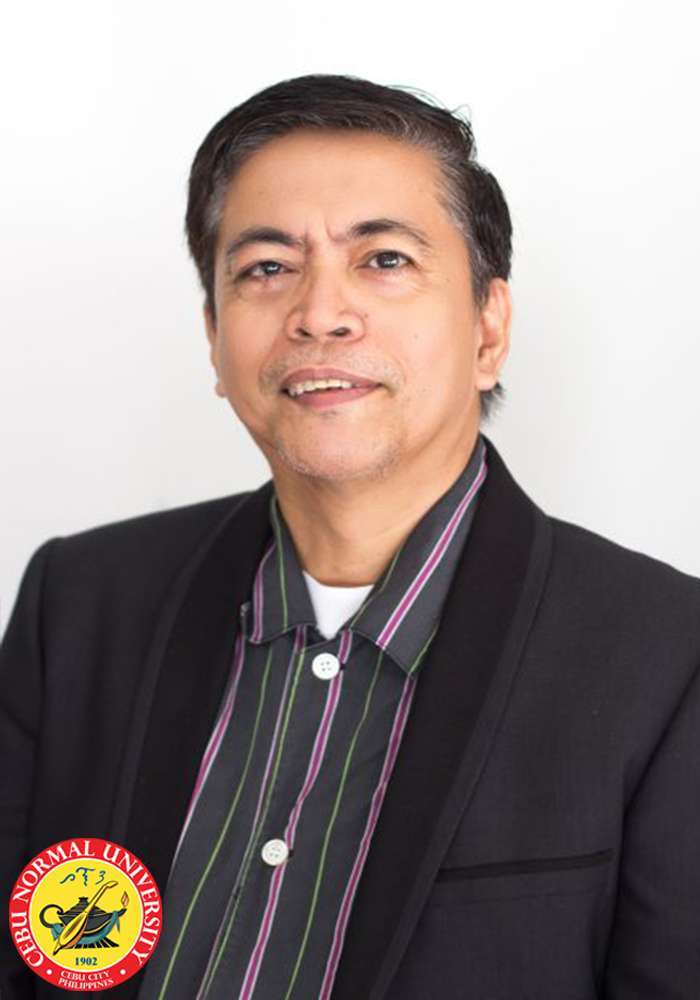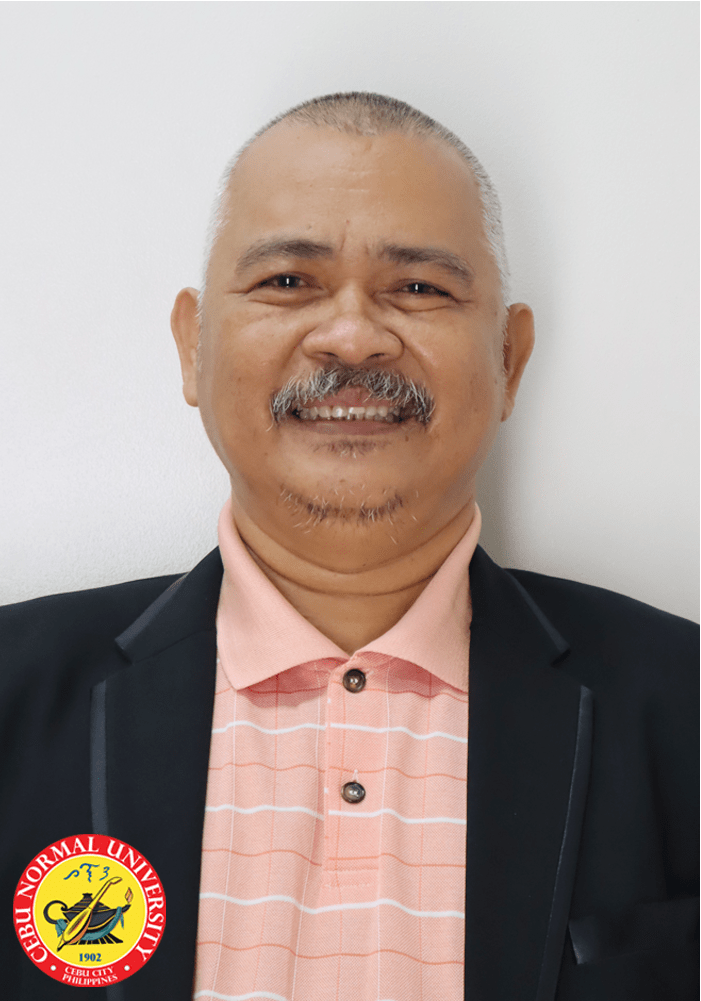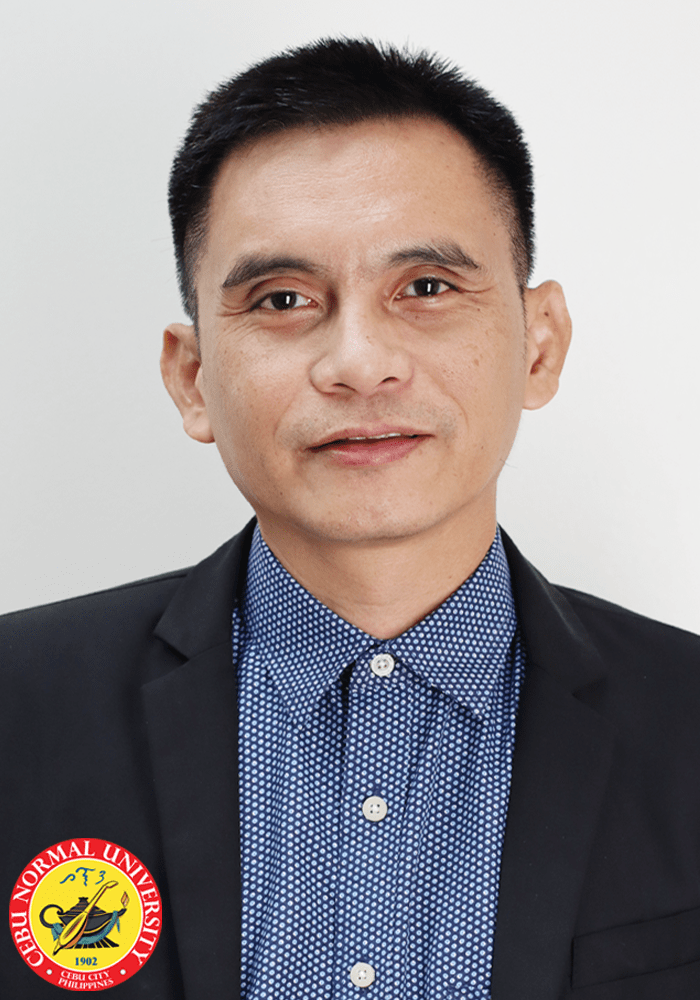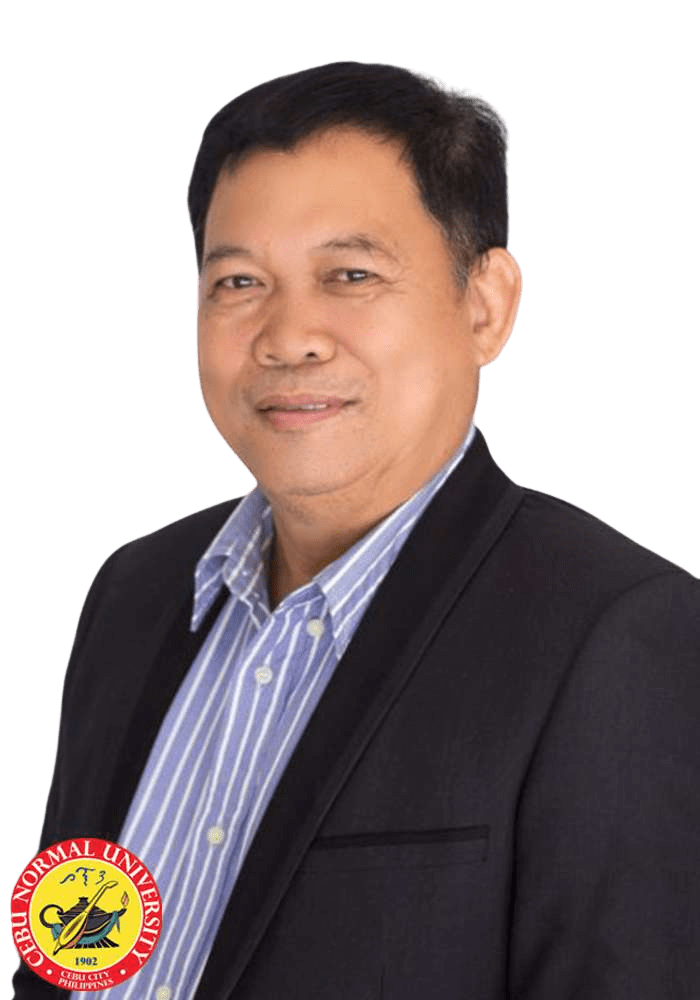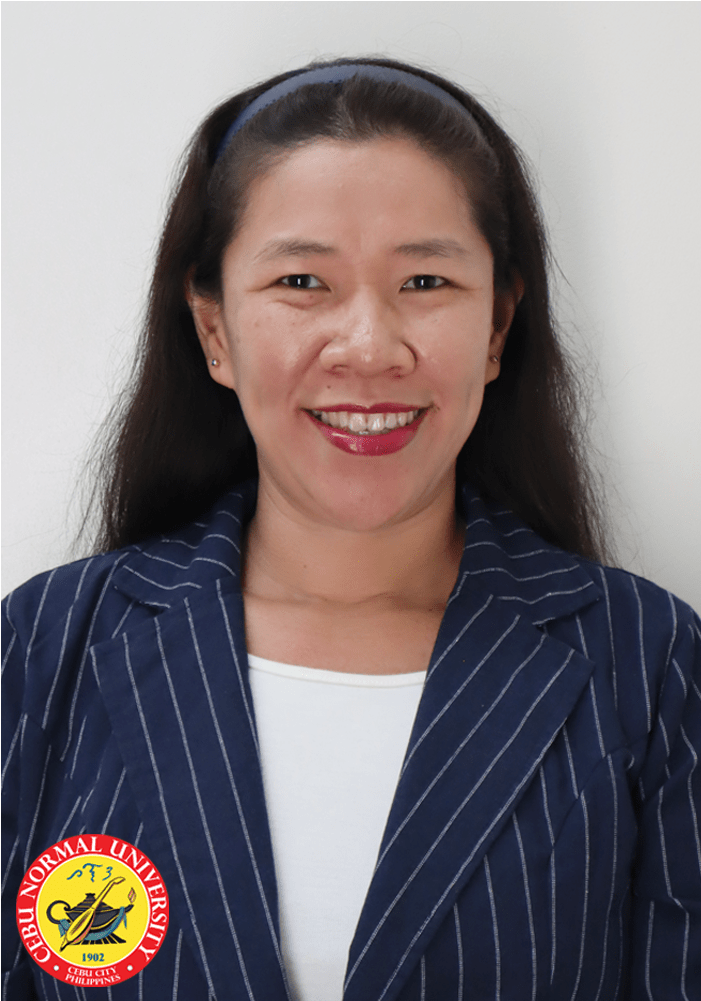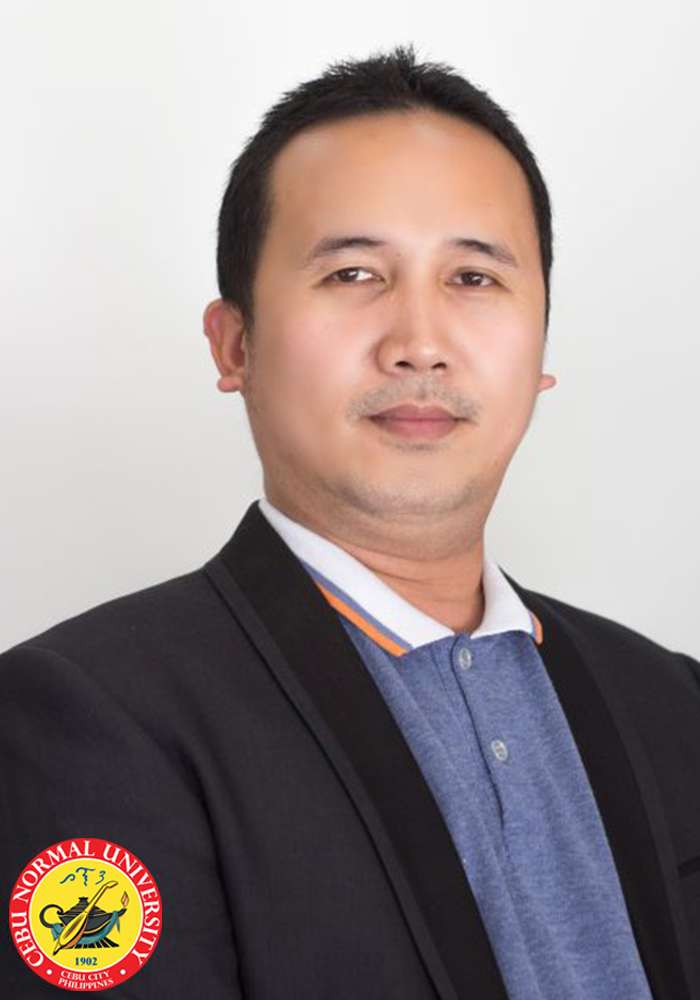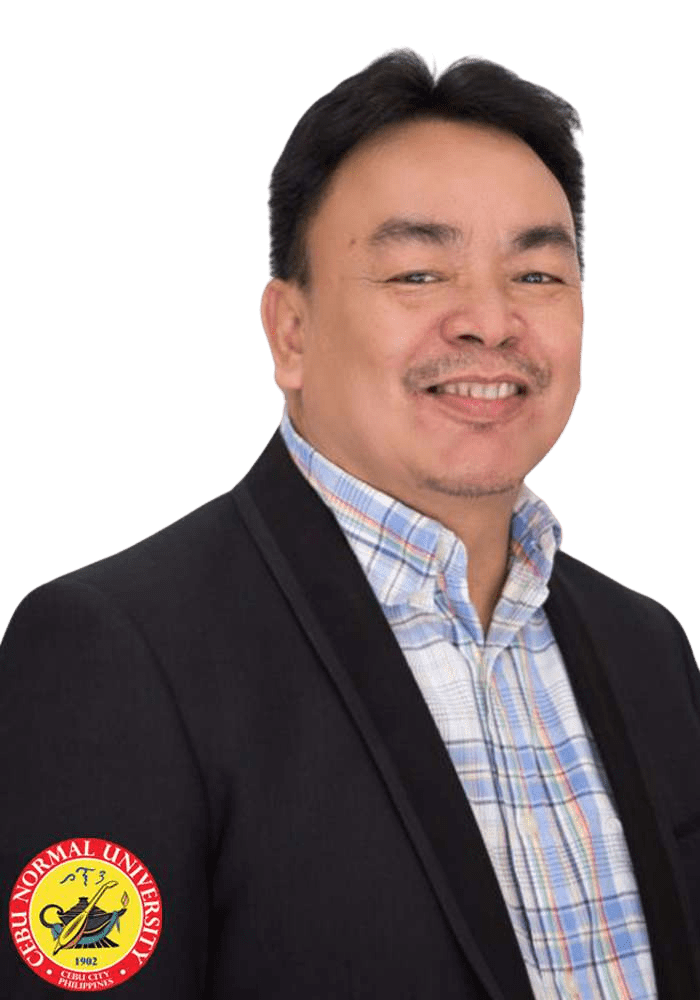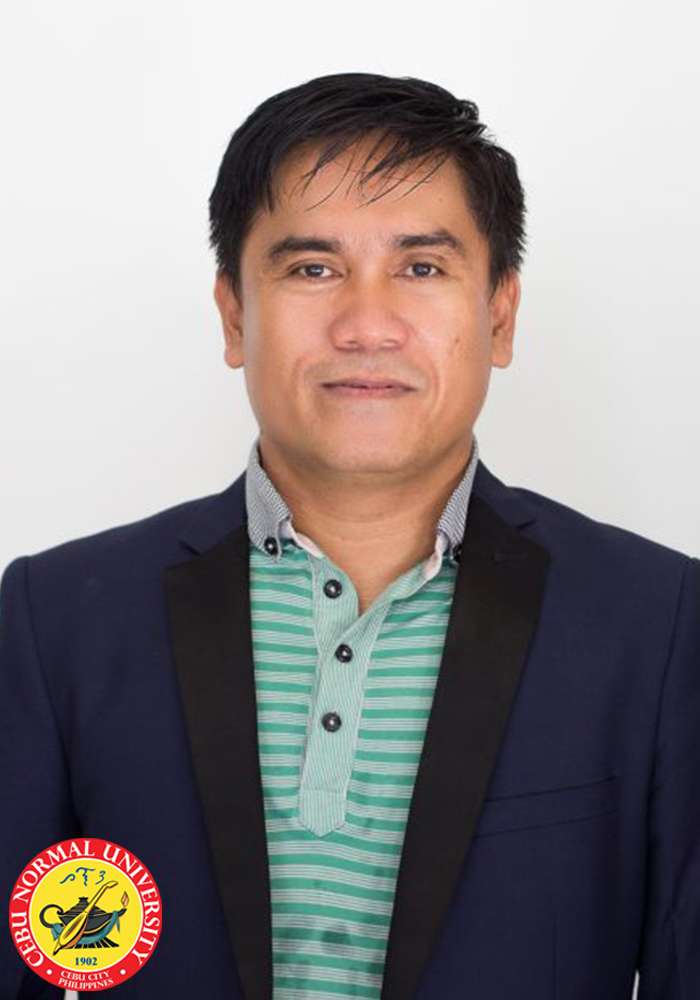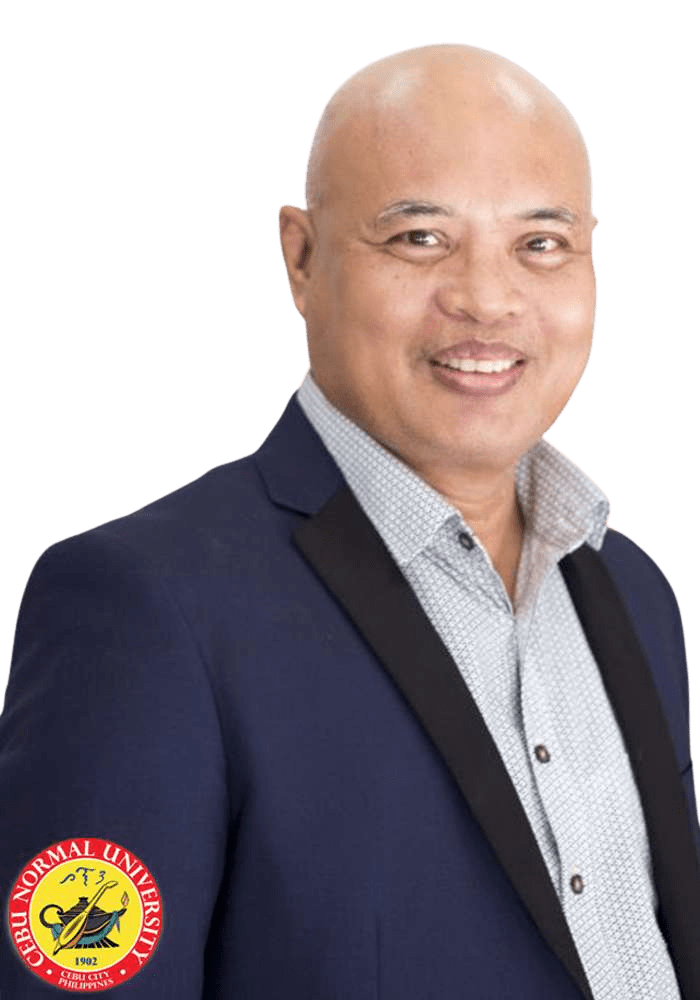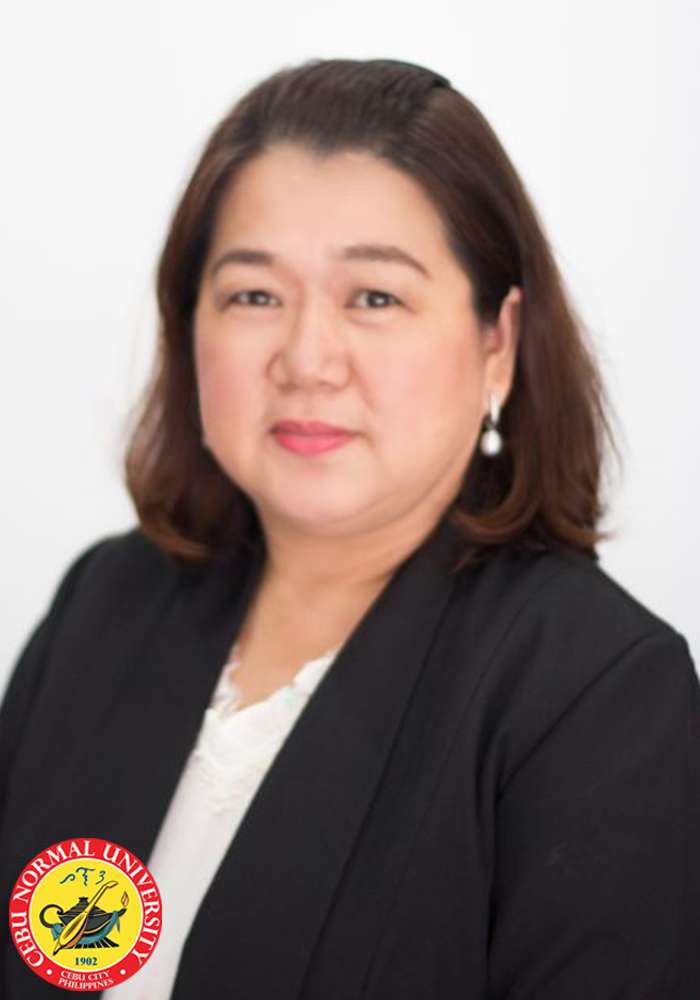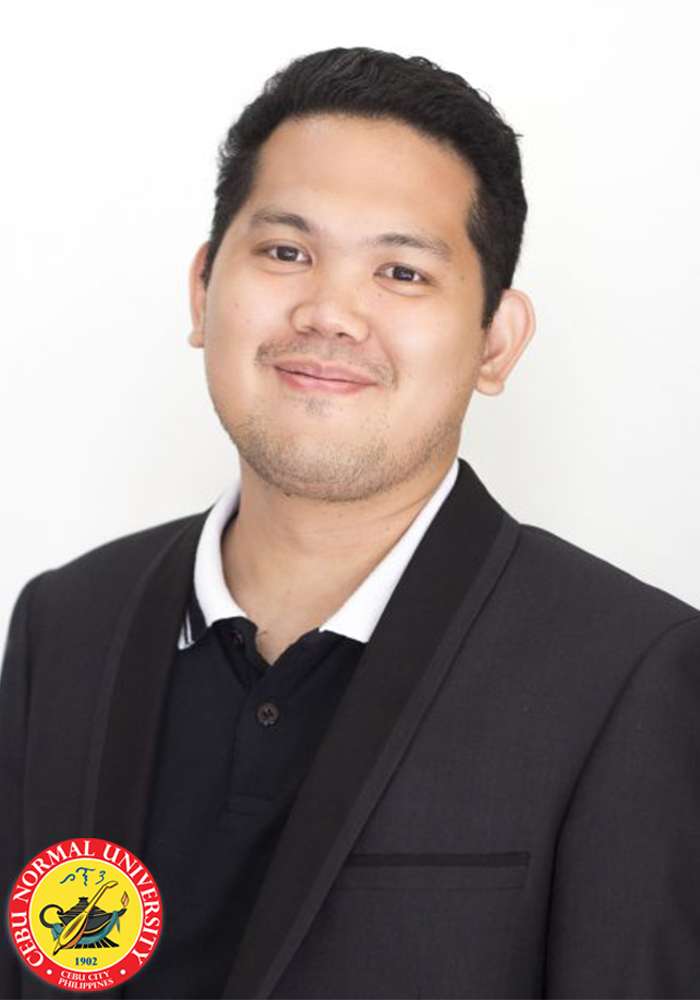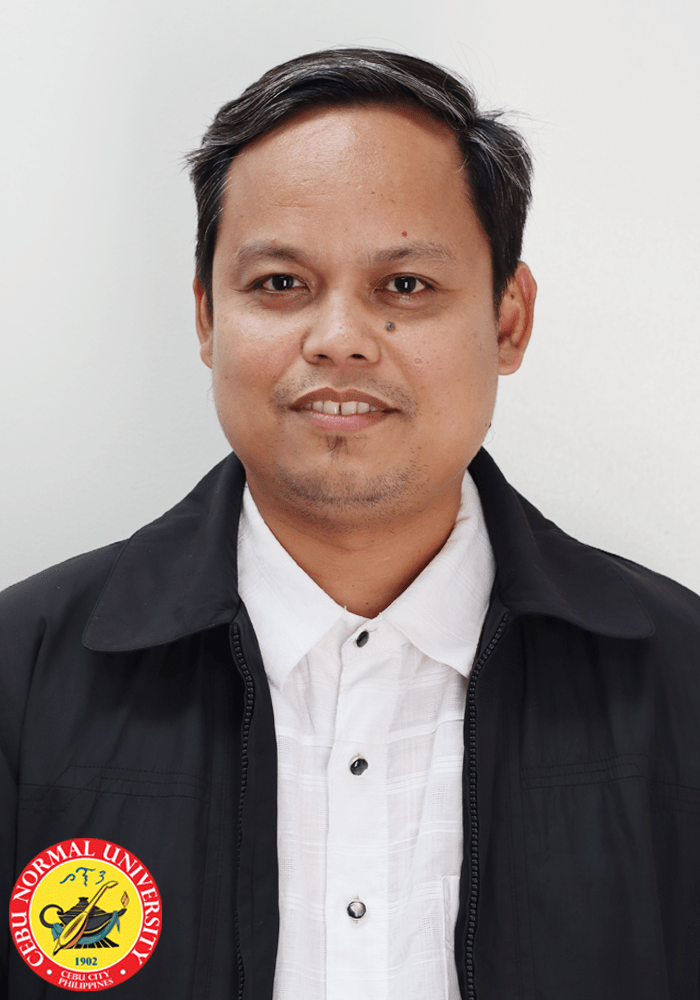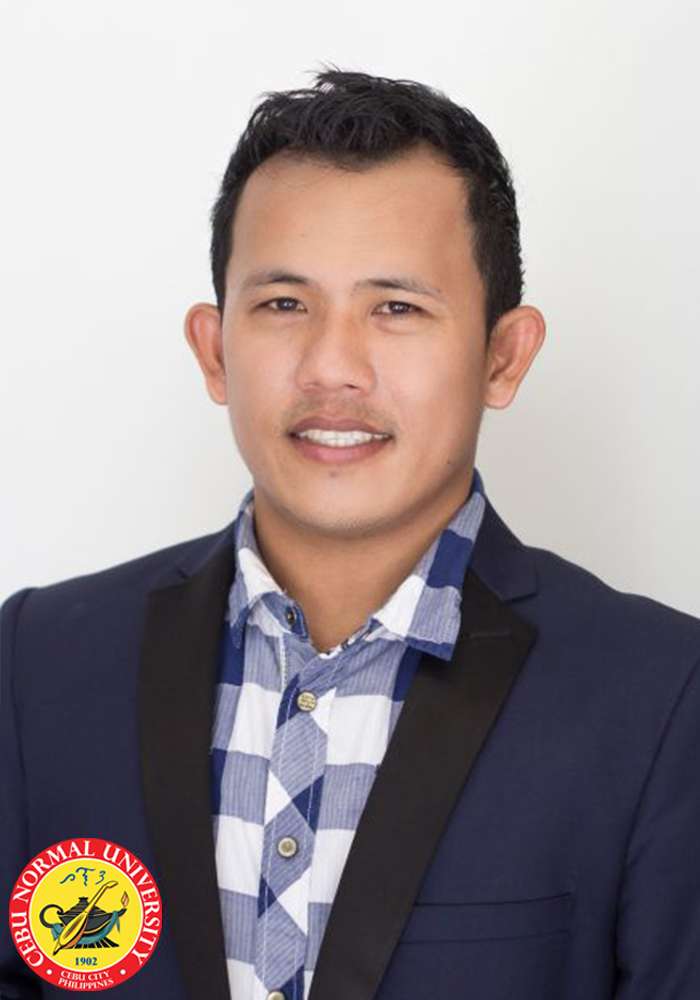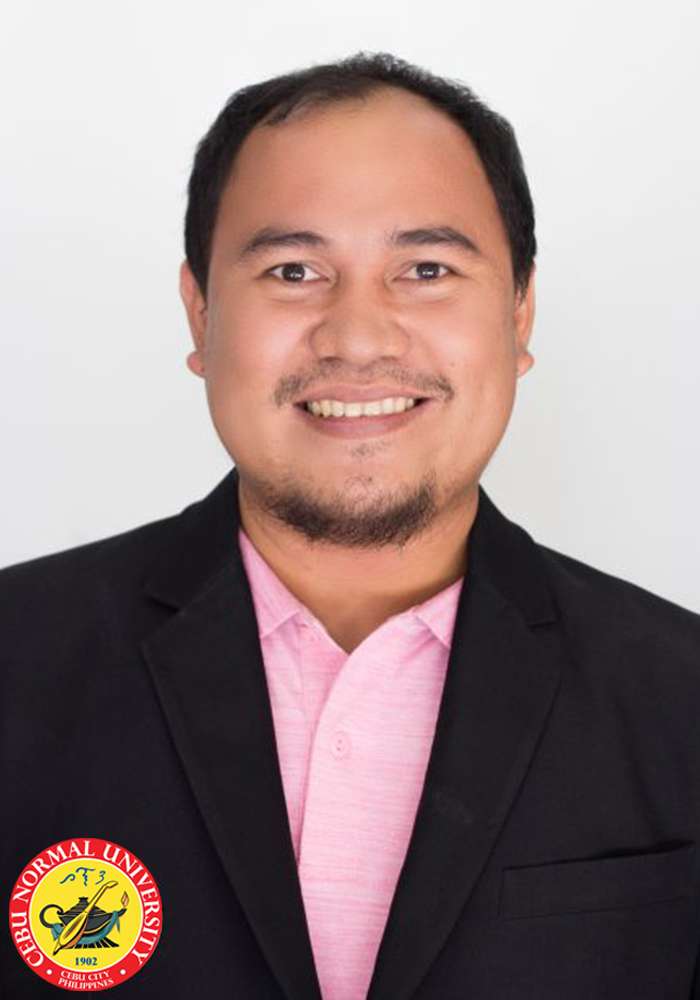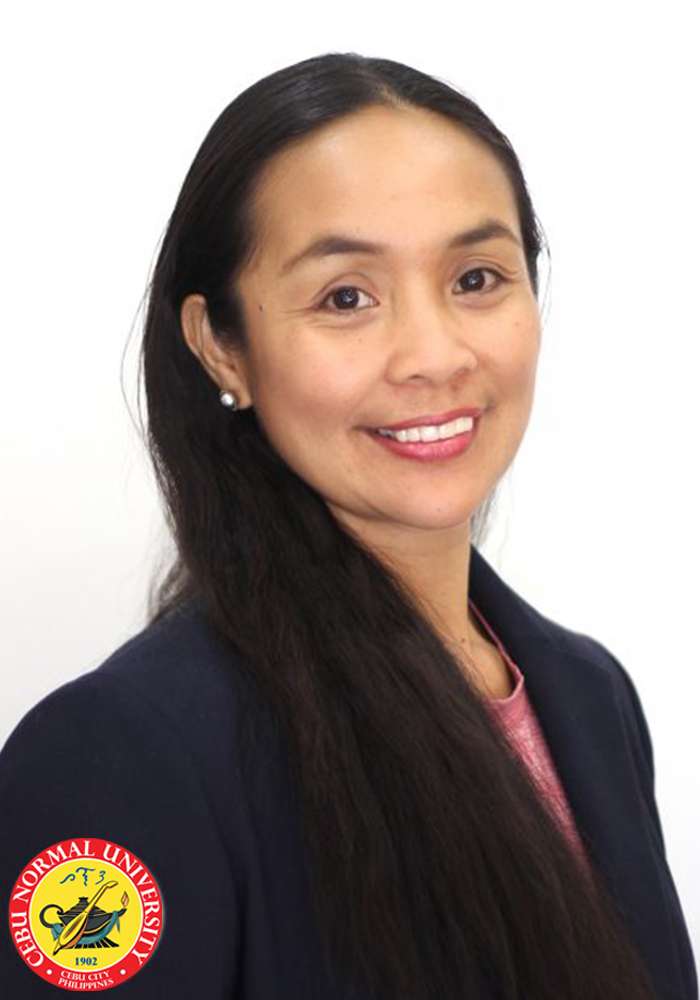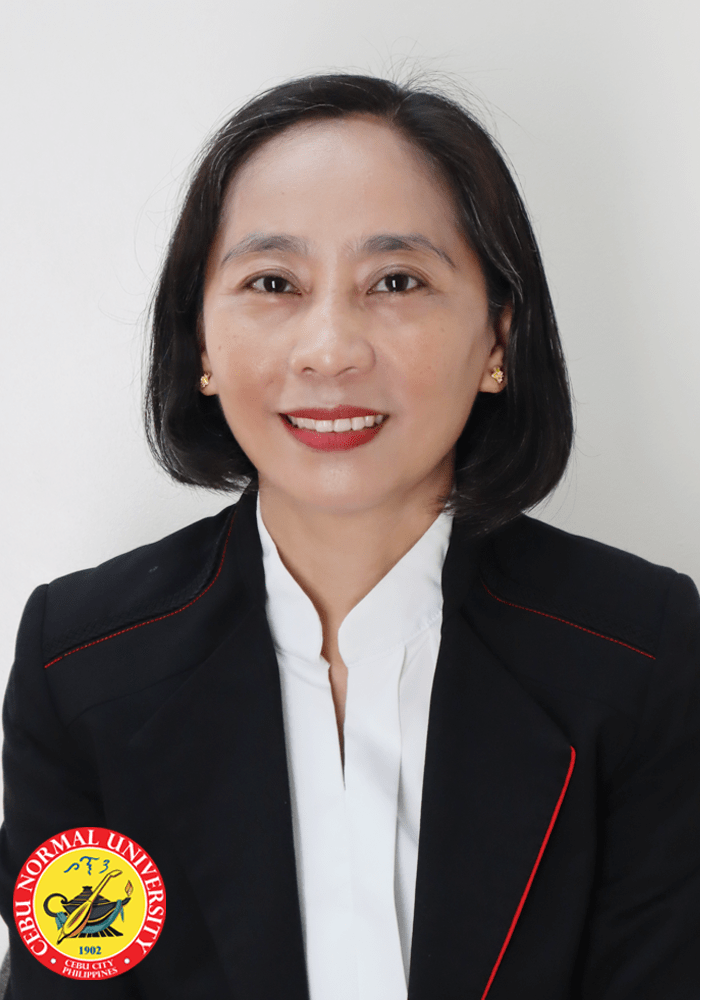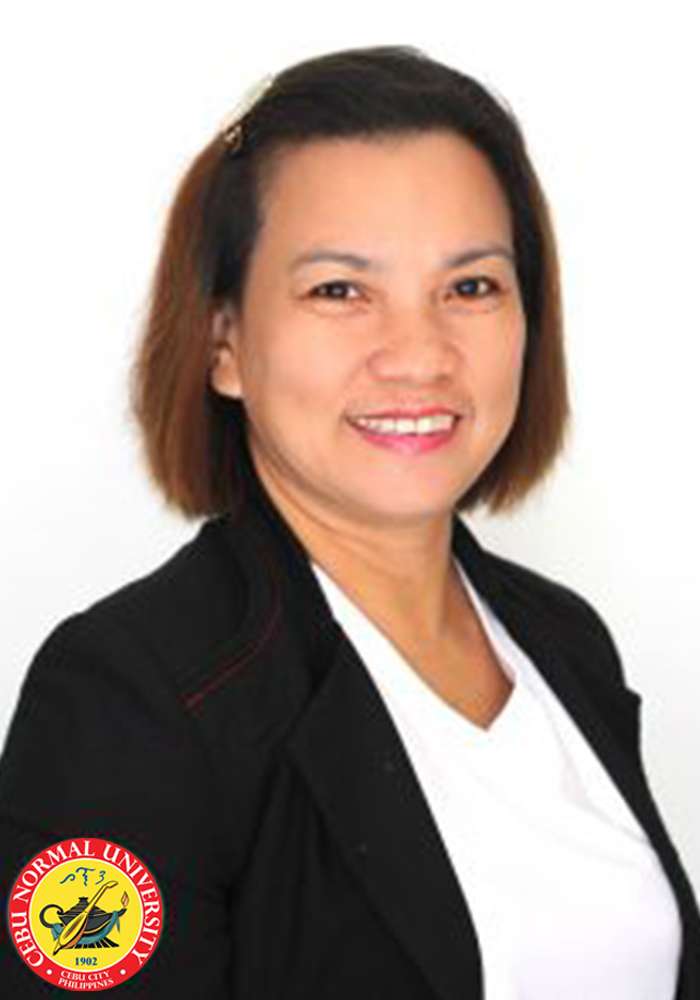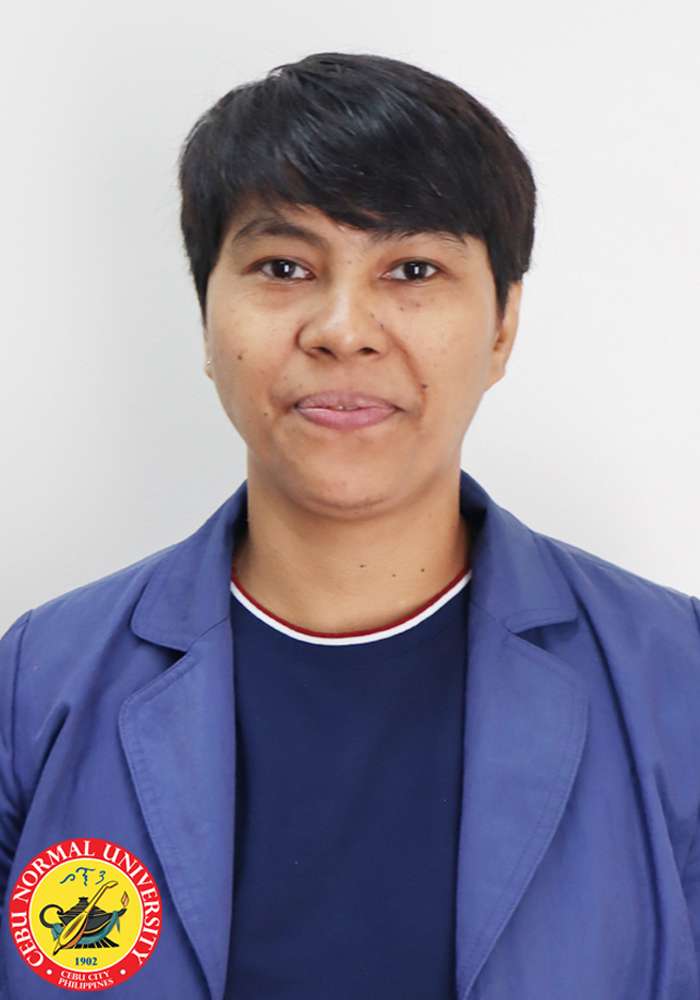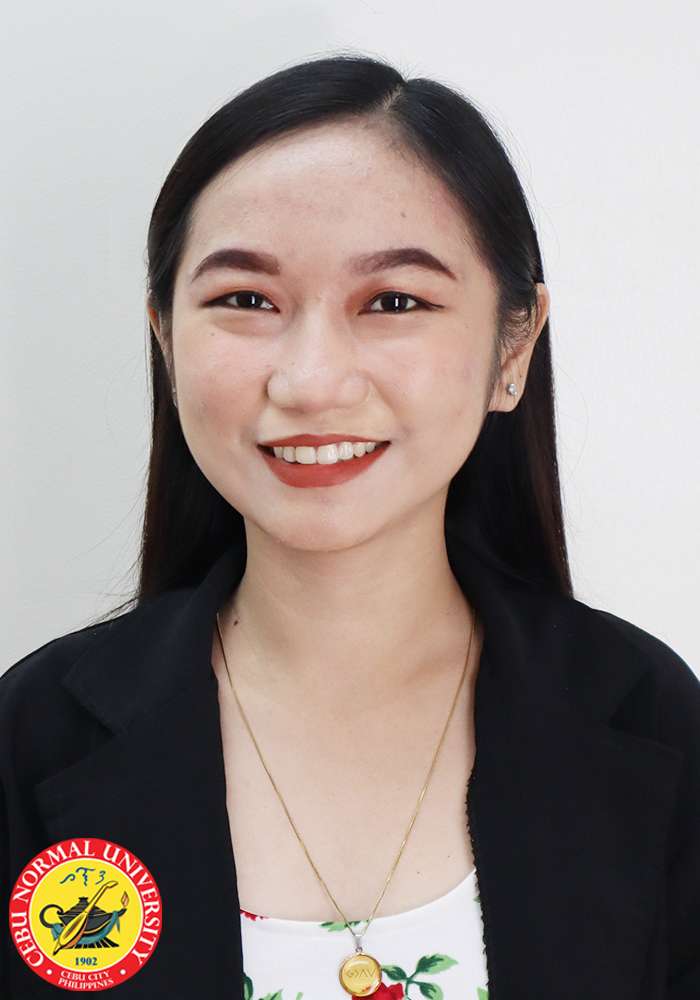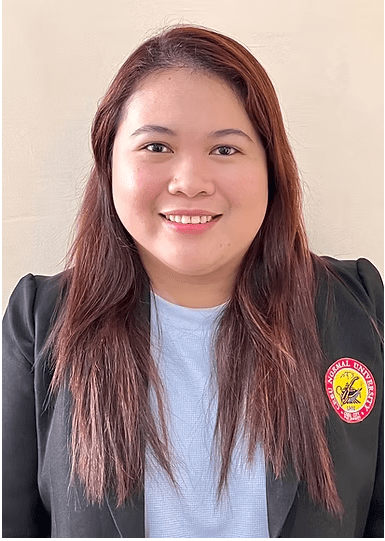VERITAS, BONITAS, PULCHRITUDO
Truth, goodness, and beauty wield a powerful triumvirate that embodies the educational philosophy of the College of Culture, Arts, and Sports. Veritas is the pinnacle of intellectual pursuit. Bonitas is the gold standard of human flourishing. Pulchritudo is the delight of human existence.
Welcome to the College of Culture, Arts, and Sports at Cebu Normal University. We are dedicated to nurturing talent, fostering creativity, and promoting excellence in diverse fields.
About Our College
The College of Culture, Arts, and Sports (CCAS) at Cebu Normal University stands as a beacon for artistic expression, cultural preservation, and athletic development. Committed to holistic education, CCAS provides a dynamic learning environment where students can explore their passions, hone their skills, and contribute meaningfully to society.
Our programs are designed to blend theoretical knowledge with practical experience, ensuring that graduates are well-equipped to excel in their chosen fields. We emphasize critical thinking, creativity, and community engagement, preparing our students not just for careers, but for lives of purpose and impact.
Vision
CCAS is a world-class hub of liberal-minded scholars who live for truth, goodness, and beauty to promote inclusiveness, quality of life, and national development.
Mission
The realization of this vision can be achieved through the KASIKAS programs:
1. Knowledge Generation
The engagement of individuals and group research projects with all the members of faculty and students measures the highest degree of scholarship to improve citations, community empowerment, and policy formulation.
2. Active Community Involvement
The results of scholarly research impact the collaboration of the community and other stakeholders to improve the quality of life, especially the marginalized members of society.
3. Sensitization of the Curricular Programs
The curricular programs shall undergo regular audits to ensure the achievement of the graduates’s exit outcomes, and succes in their respective professions.
4. Inclusive Response to Internationalization
Networking of best practices of universities in the country and abroad can facilitate the exchange of human resources through scholarship, twinning programs, study visits, and other mechanisms to improve University National and Global Rankings.
5. Keen and Sound Management
To ensure success, strategic management calculates risks and opportunities for growth and innovates new approaches for successful progress and development in the organization.
6. Altruistic Collaboration with Stakeholders
The success of program implementation depends on the concerted efforts of the stakeholders such as the faculty, students, parents, community members, non-government organizations, and other reputable think tank organizations.
7. Smart and Innovative Instruction
Culture-based Design Thinking and other learner-centered instructional andragogies and eutagogies ensure quality learning, appropriate to the competencies designed in different degree programs.
CCAS Mantra for the 7S of Good Housekeeping
The TUBIGAN sa Katilingban sa CCAS is a response to Quality Assurance Unit Advisory No. 006, s. 2025 for the 7S of Good Housekeeping with the slogan,
“Gusto ka ba ug kahapsay sa CCAS? Tana na ug apil na sa TUBIGAN sa Katilingban”
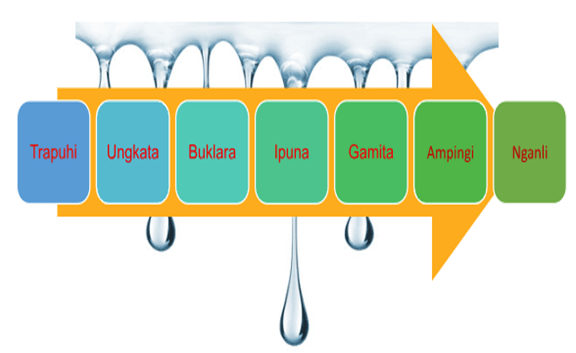
This slogan is a response for CCAS stakeholders, not only appreciating and valuing good housekeeping in the office but also its imperative cascades to social relevance, affecting their gender identity and human development.
Program Offerings
Undergraduate Programs
Bachelor of Arts in Communication
A comprehensive program exploring media, culture, and strategic communication in diverse platforms.
Bachelor of Arts in English Language
A focused study on the structure, use, and teaching of the English language in various contexts
Bachelor of Arts in Communication
An in-depth engagement with literary texts, theories, and traditions across cultures and time periods.
Batsilyer ng Sining sa Filipino
Nakatuon sa mataas na kasanayan sa wikang Filipino, panitikan, at diskursong kultural.
Graduate Programs
Master of Arts in Communication
An advanced exploration of communication theories, practices, and research in contemporary society.
Master of Arts in Literature
A graduate-level study of literary criticism, theory, and interdisciplinary literary analysis.
Masterado ng Sining sa Filipino
Nakasentro sa mga tradisyong pampanitikan, kritikang pampanitikan, at pagkakakilanlang kultural.
Doctor of Arts in Literature and Communication
An interdisciplinary program of literary studies and communication theories for critical and creative scholarship.
Why Enroll in our Programs?
News and Events
Faculty and Staff
CCAS Organizational Chart
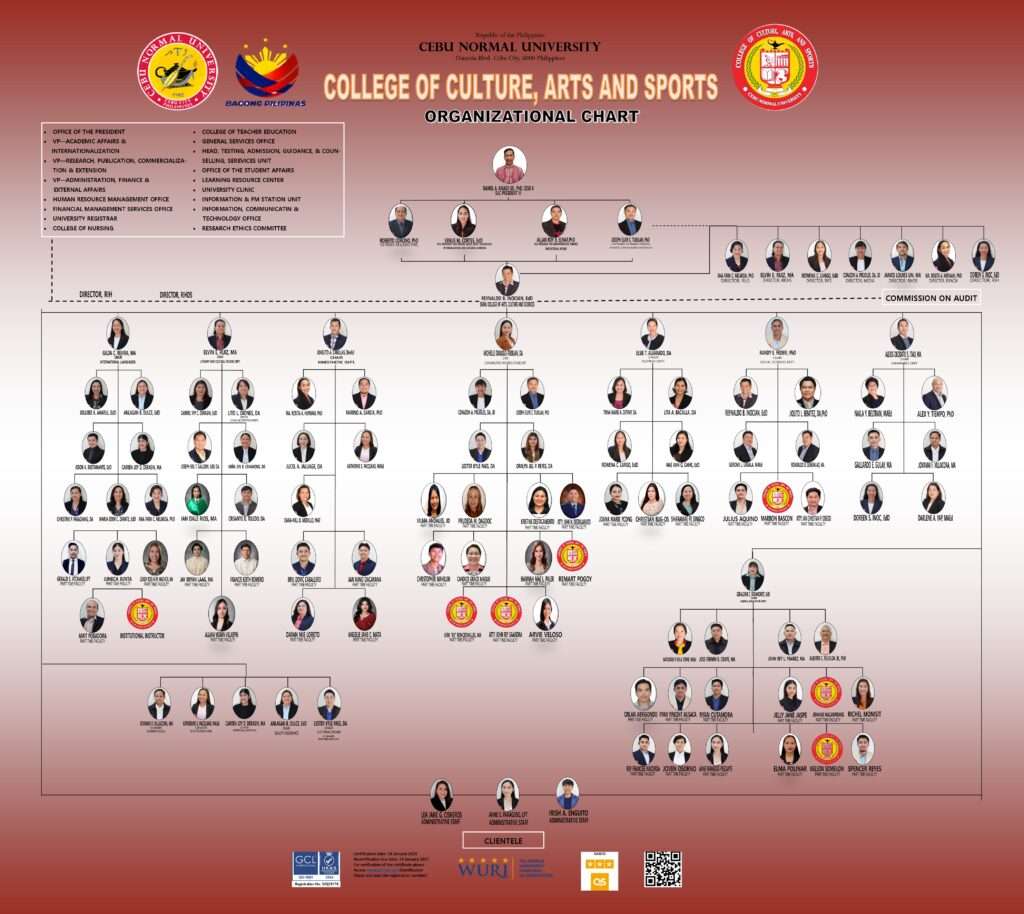
Research Institutes
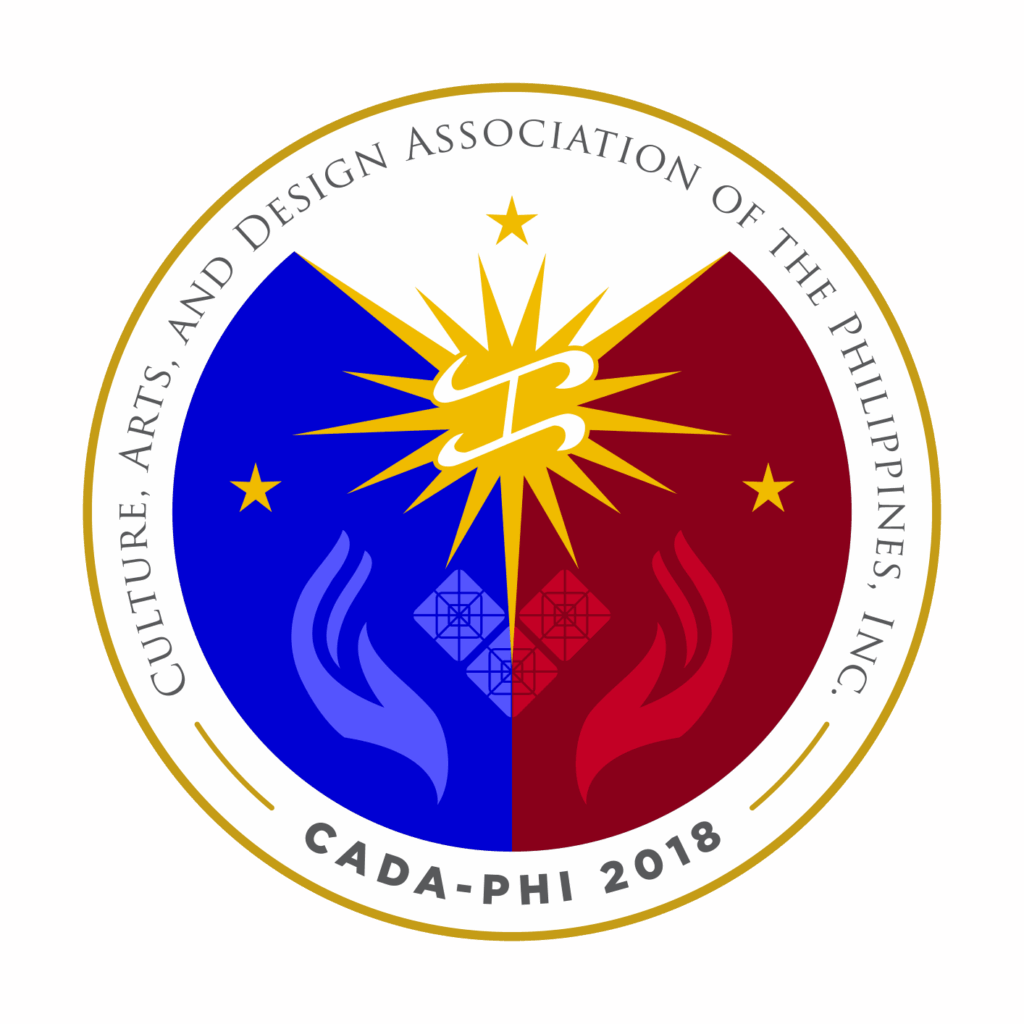
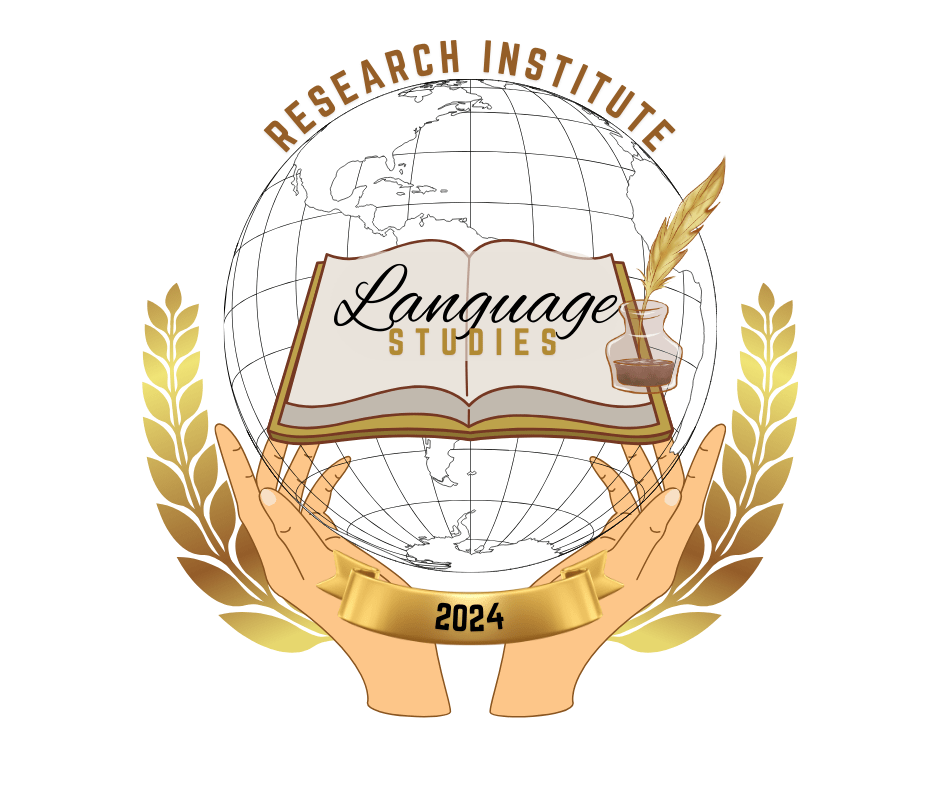

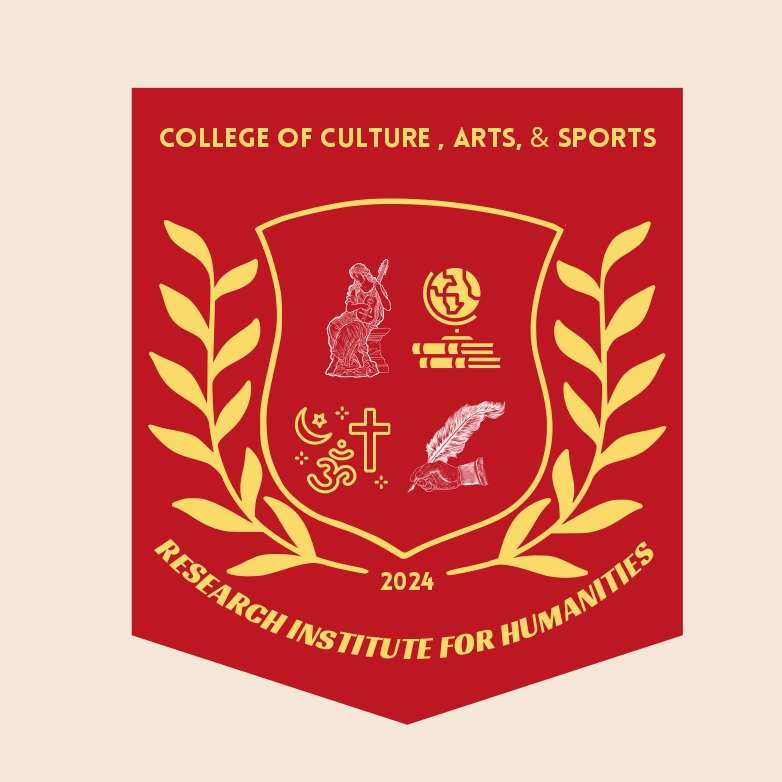
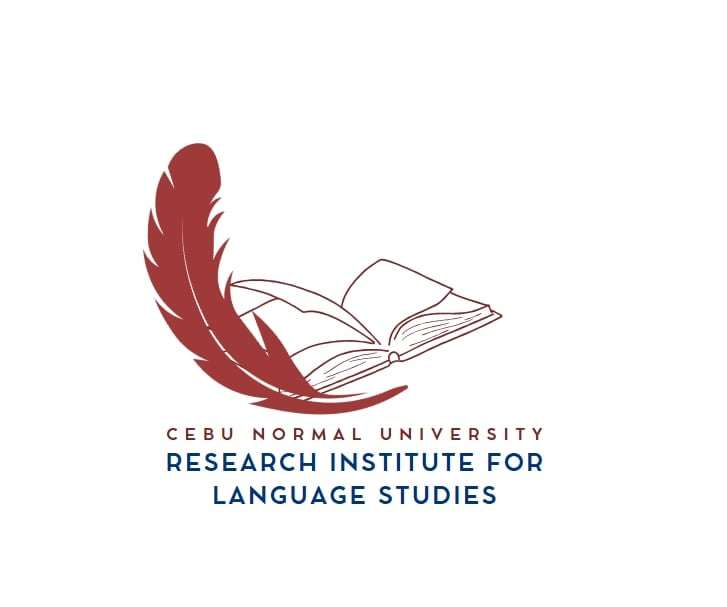
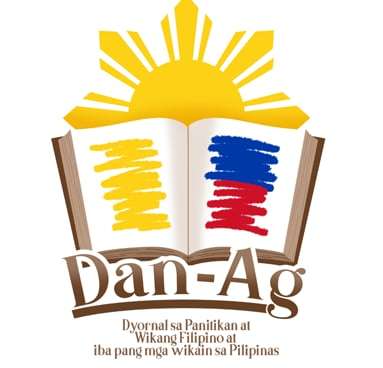
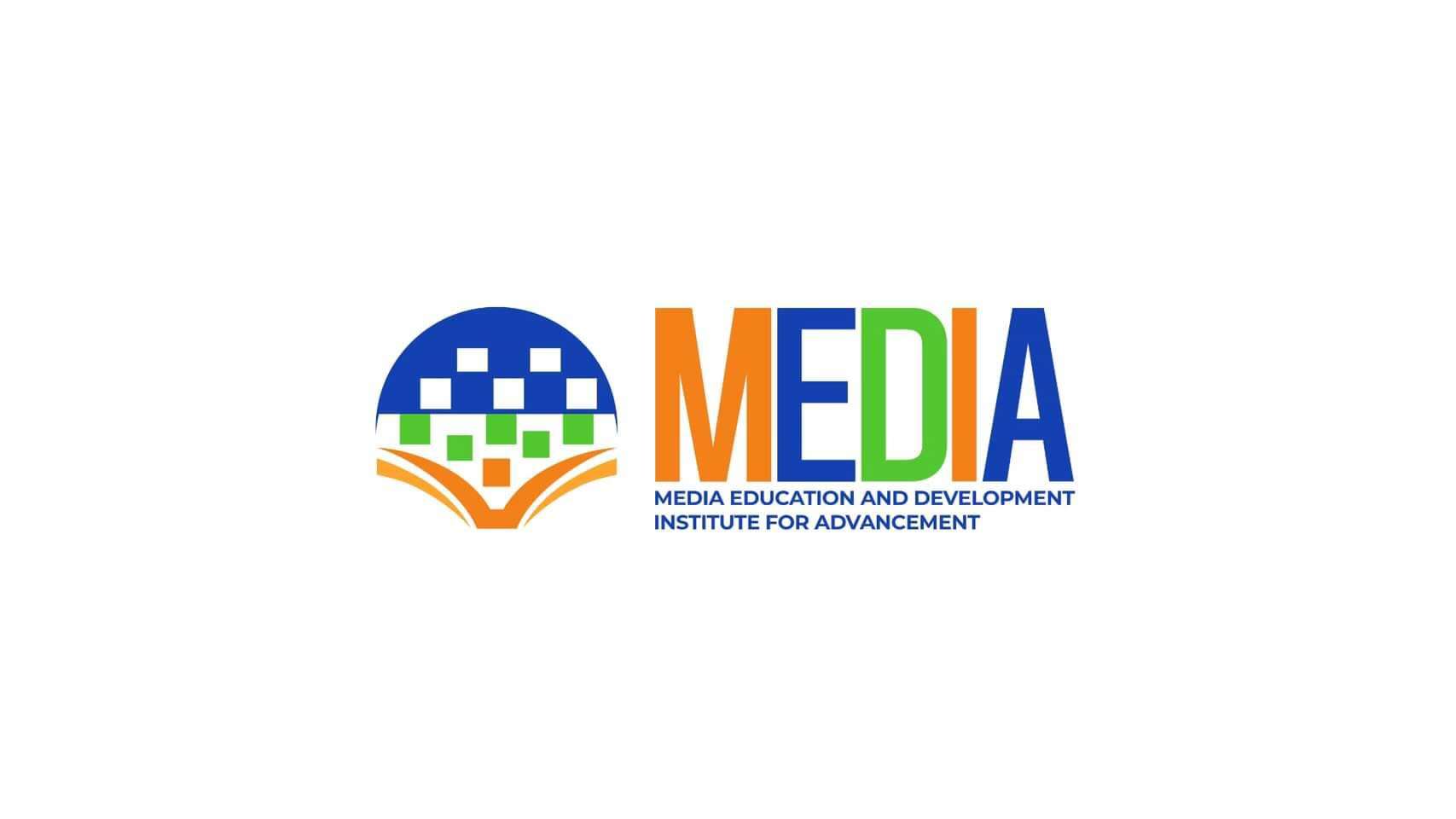
Goals and Objective
Our Goals
The integral development of the individual toward fullness as a human being in a physical, intellectual, scientific, social, emotional, cultural, moral, and spiritual universality. With this end, the College shall commit to perform the following:
1. Strengthening faculty comparative advantage in research, innovation, extension, production, and publication through seminars, training, and mentorship programs.
2. Adopting activities and programs that measure the improvement of quality and excellence in culture, arts, and sports development among the stakeholders of the different academic departments.
3. Capacitating resource mobilization, culture, talent, and sports development that promote the healthy physical well-being of faculty and students.
4. Carving a niche for culture, arts, and sports development both in the local and international arena.
5. Accelerating the number of research publications, patents, trademarks, and utility models that enhance the productive endeavors of culture, arts, and sports enthusiasts.
6. Seeking better opportunities in mobilizing resources for projects and innovations of faculty and students that promote internationalization status, global ranking of the University, and employment of graduates.
Our Objectives
The attainment of a broad general education in the languages and letters, humanities, social sciences, culture, and sports for all degree programs through critical thinking relevant and dynamic citizenship development investigation, analyses, presentation of ideas based on solid data and study appreciation for human values, the arts, and cultural heritage, and development of desirable ideals, attitudes, and habits as a human being.
In achieving the goals, the College shall commit to the realization of the following objectives:
1. Increase faculty and student participation in research, innovation, publication, and community development per quarter;
2. Produce instructional portfolios that improve teaching, assessment, and reporting of students’ learning outcomes;
3. Apply theories, principles, and concepts in the degree programs through practical examples that shape a reconstructionist view of an evolving society in the country and abroad;
4. Generate new paradigms fit in the changing landscape of Philippine higher education, internationalization, research, and community development;
5. Align instruction and assessment with learning competencies and standards of the different degree offerings based on CHED circulars and memoranda, and other national and international organizations;
6. Write narratives and milestones of development in the successful operations and implementation of the different degree program offerings of the College as indicators of opportunities and success;
7. Analyze strengths, weaknesses, opportunities, and threats of the College, and the different academic departments in the planning, implementing, and evaluating their degree program offerings; and
8. Set dynamic parameters for better opportunities and success in the operations of the degree programs by the regulatory agencies and entities to ensure quality implementation.
Our Story
Shortly after Dr. Daniel A. Ariaso, Sr. assumed office as the 6th University President of CNU in August of 2023, a new set of administrative officials were designated. Dr. Alex Y. Tiempo, a professor from the Social Sciences Department became the new dean of CAS. A month later, the CNU Organizational Structure was revised under the new administration.
The university adopted the Revised Organizational Structure of 2023 as approved by Board Resolution No. 123, Series of 2023. As a result, three new colleges which were formerly from CAS were created:
1. College of Culture, Arts, and Sports (CCAS),
2. College of Computing, Artificial Intelligence, and Science (CCAIS),
3. College of Law, Public Governance, and Safety (CLPGS). Following such reorganization, CAS ceased to exist and Dr. Tiempo was designated the first Dean of CCAS.

